Understanding Chess Beyond Algorithmic Search
Chess, a game with an immense repository of strategies and tactics, has long been a field where both human ingenuity and artificial intelligence (AI) have ventured to achieve mastery. Traditionally, the strength of many AI chess programs has depended on powerful search algorithms that scan through millions of potential future moves. However, exploring effective chess strategies without relying on such algorithms offers a fresh perspective on the game, emphasizing human intuition, pattern recognition, and strategic understanding.
The Limitations of Search Algorithms
While search algorithms such as Minimax or Alpha-Beta pruning have been instrumental in the development of competitive chess-playing machines, they do have limitations, particularly when translating these techniques into human learning and play. These algorithms require vast computational resources and can detract from the innate human ability to grasp broader strategic principles. By focusing on strategies independent of these algorithms, players can enhance cognitive skills such as intuition, creativity, and decision-making under uncertainty.
Educating the Intuitive Mind in Chess
The development of an intuitive mind in chess requires a less algorithmic and more holistic approach. This involves understanding the entire board, recognizing patterns, and making decisions that are not solely based on calculative outcomes. Players trained in this manner typically exhibit a more versatile and adaptable playing style. This type of learning involves studying classic games, understanding opening principles, middle-game tactics, and endgame strategies.
Pattern Recognition over Calculation
Instead of deep tactical calculations, players can focus on pattern recognition—an essential skill in mastering chess. Familiarity with common patterns in chess, such as tactical motifs and typical pawn structures, can allow players to make quicker and more effective decisions. This skill enables players to anticipate opponents’ moves and plan more strategically without the need for exhaustive search into possible future moves.
Strategic Understanding vs. Tactical Calculations
Strategic understanding in chess involves long-term planning and positional judgment. It goes beyond calculating immediate tactical advantages and delves into the subtler aspects of position play such as pawn structure, space control, piece activity, and king safety, among others. A strategic approach allows players to make moves that create difficulties for their opponent over several moves, rather than immediate threats.
The Role of Opening Repertoires
Developing a solid opening repertoire is another key element of mastering chess without heavy dependence on search algorithms. By understanding the ideas behind certain opening systems, players can prepare themselves for a variety of middle-games. This preparation lends itself to playing confidently and efficiently, reducing the need to calculate extensively at every turn.
Improving Endgame Skills
Endgames often underscore the importance of understanding basic principles over complex computation. Knowledge of fundamental endgames, such as those involving pawn structures and piece activity, can provide significant advantages. This approach recognizes the transition from middle-game to endgame and adjusts strategies accordingly, often without intensive calculation.
Incorporating Non-Algorithimic Methods in Training
Training without relying solely on search algorithms can involve several techniques, including playing thematic training games that focus on particular positions or strategies, engaging with chess problem books that emphasize understanding over calculation, and utilizing training software designed to improve pattern recognition and intuitive play.
Conclusion
Exploring chess strategies without the dependency on search algorithms opens pathways to a richer, more engaging chess experience that levitates natural human abilities such as intuition, pattern recognition, and strategic foresight. This approach not only makes the learning process enjoyable but also cultivates a more rounded, creative, and adaptable chess player.
Explore our large collection of luxurious chess sets!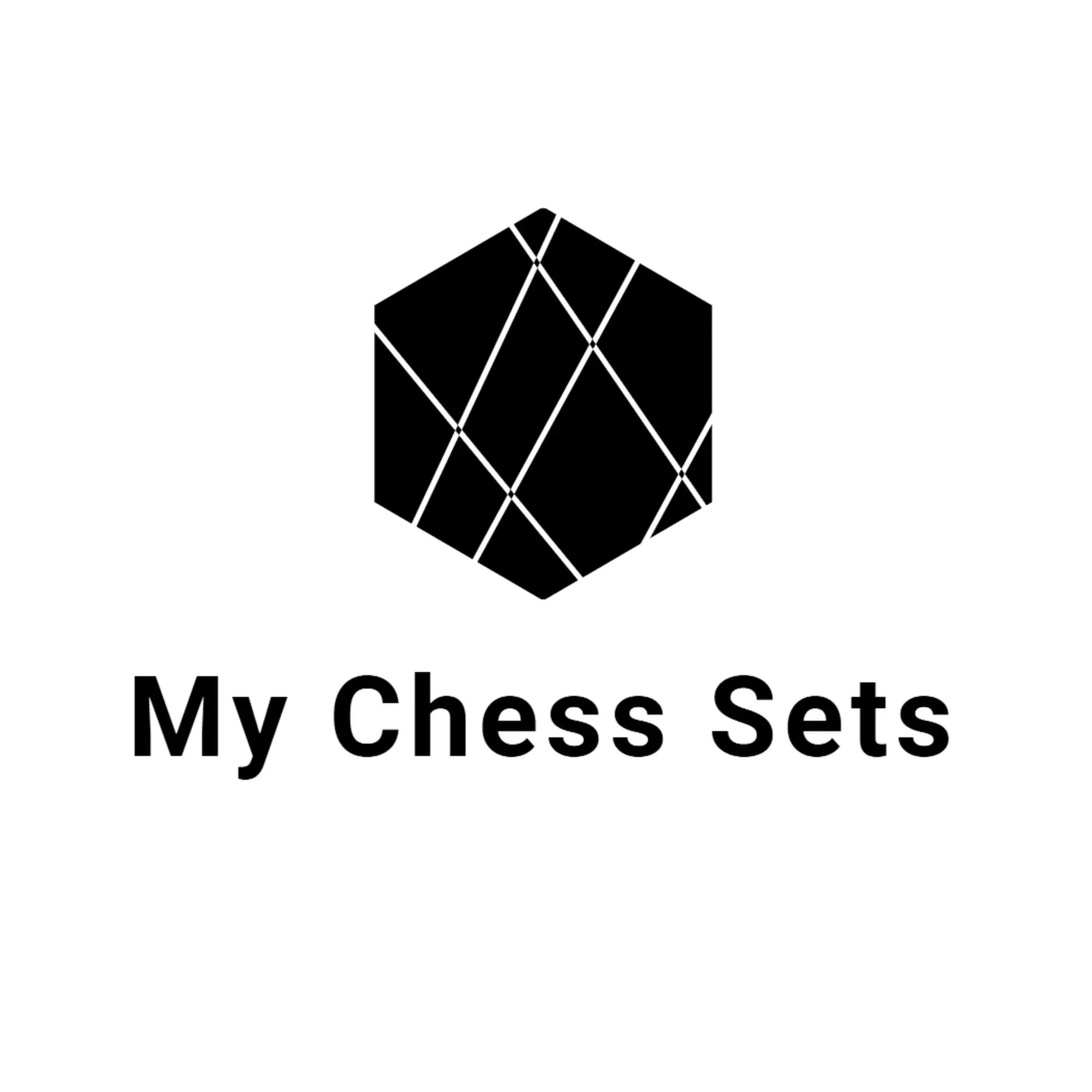

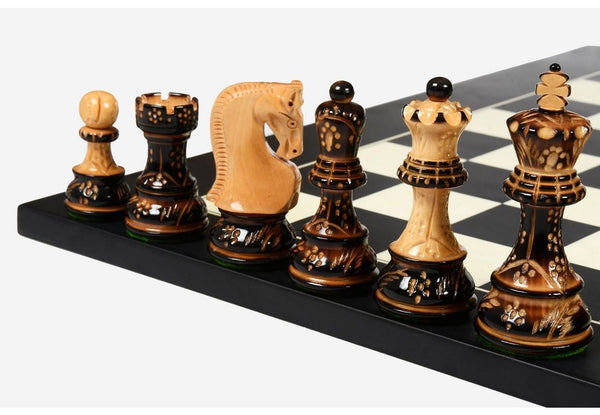

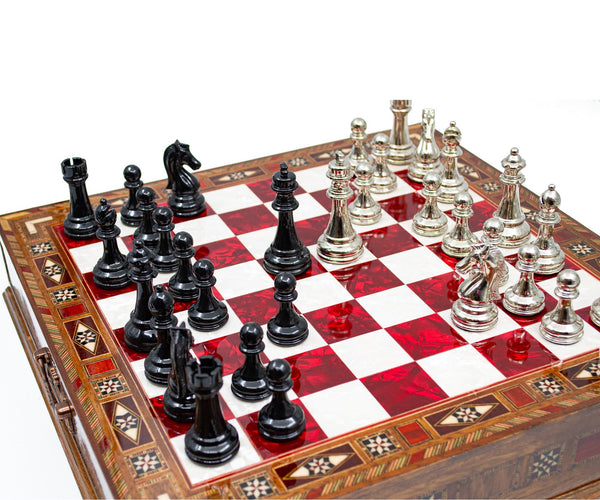
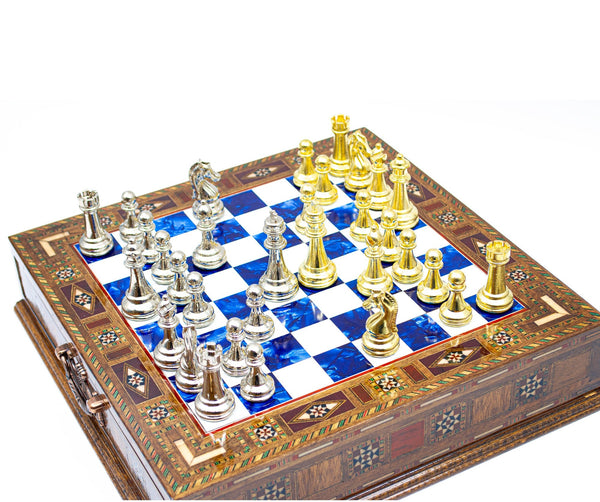
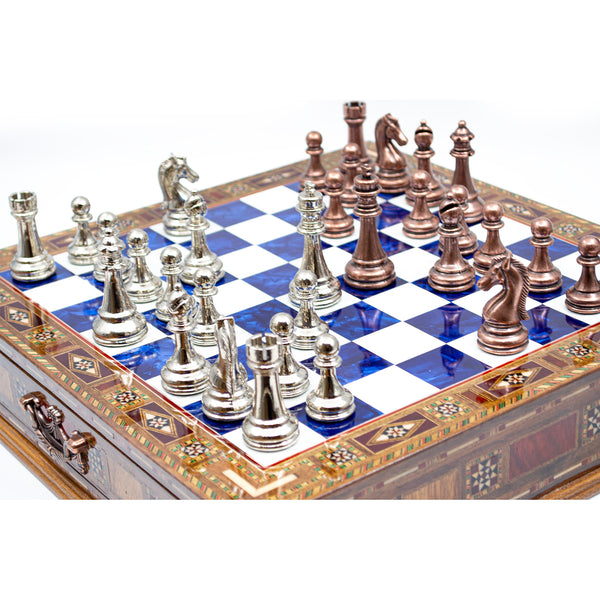
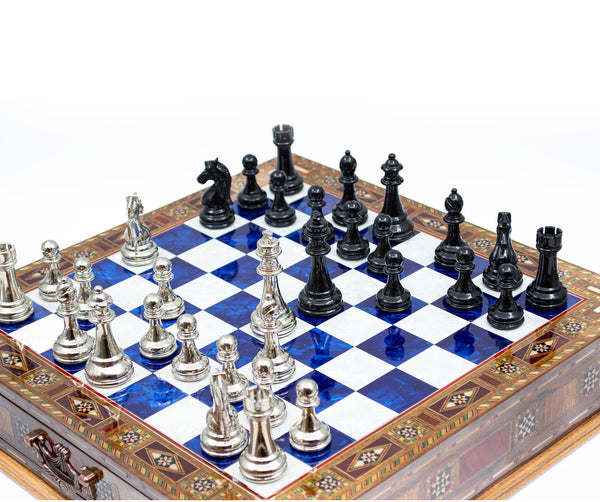
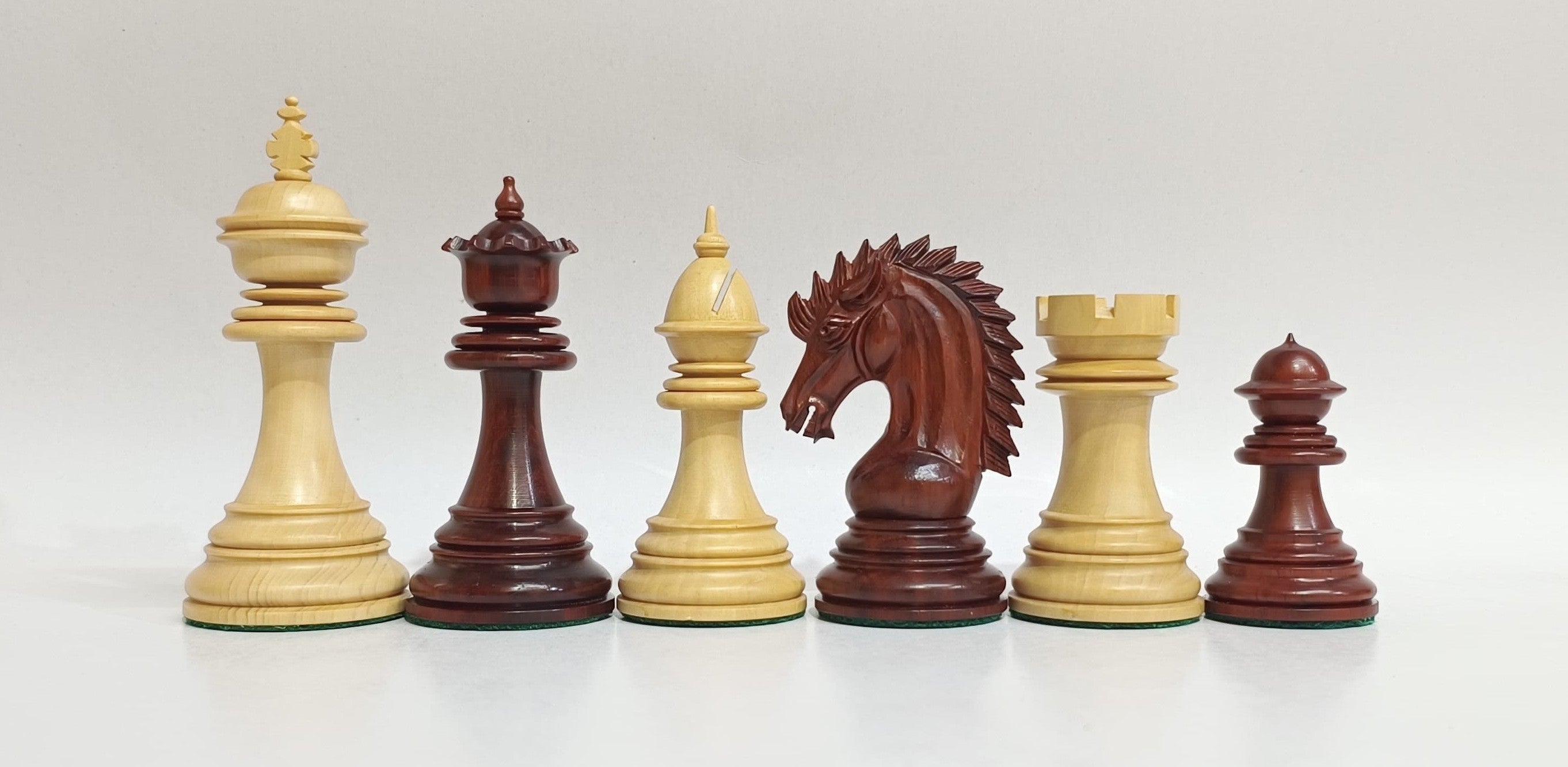
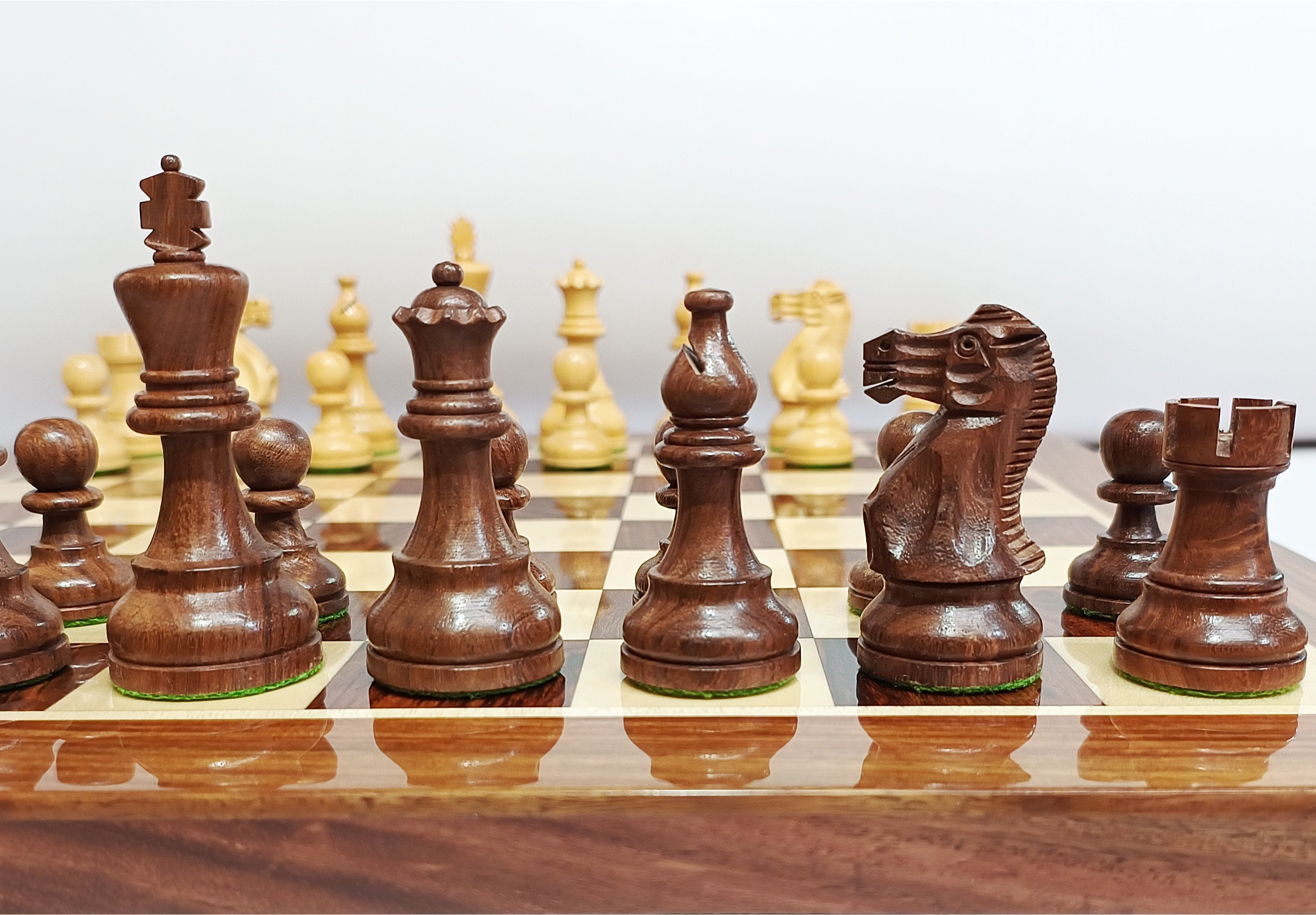
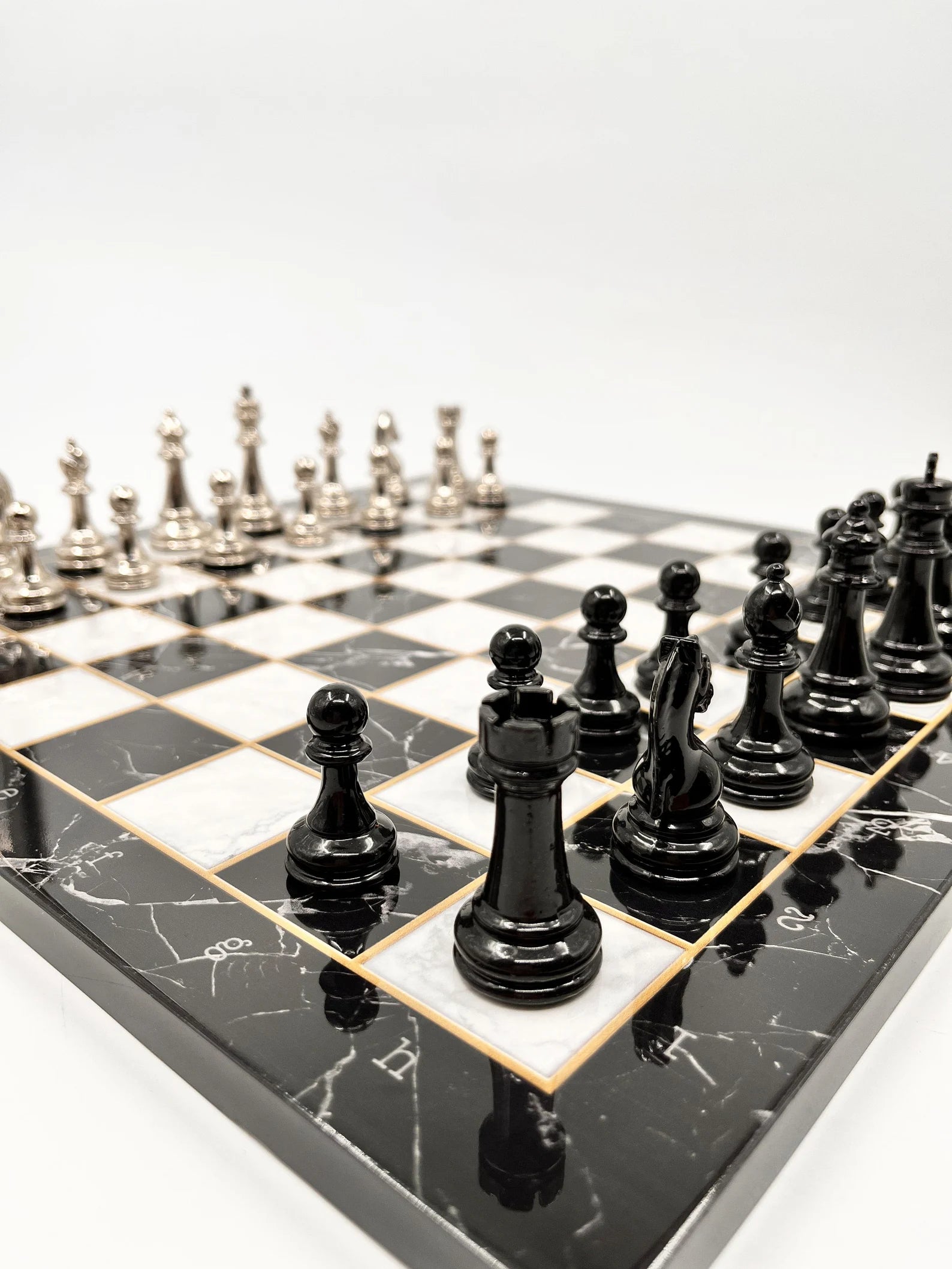
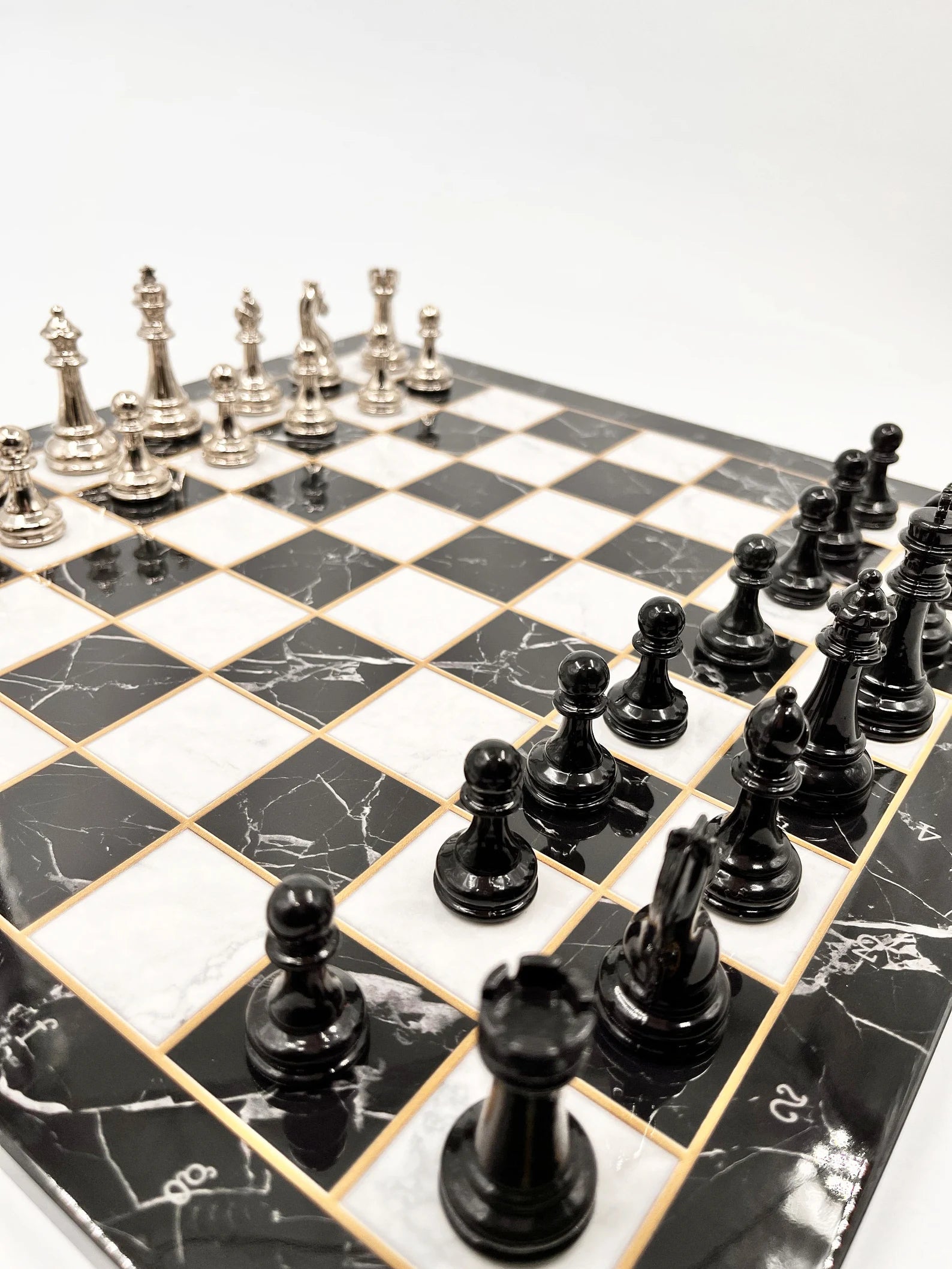
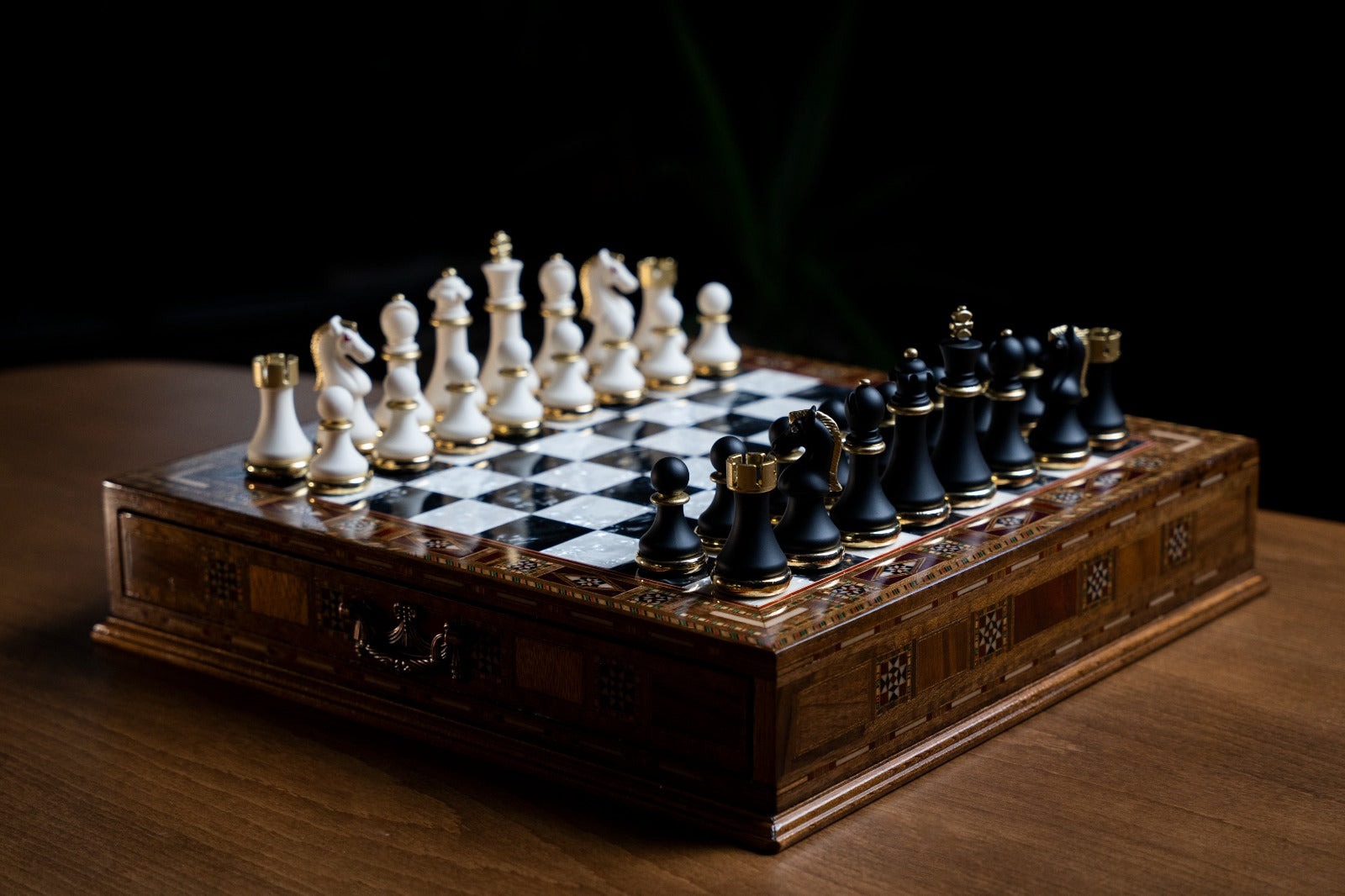
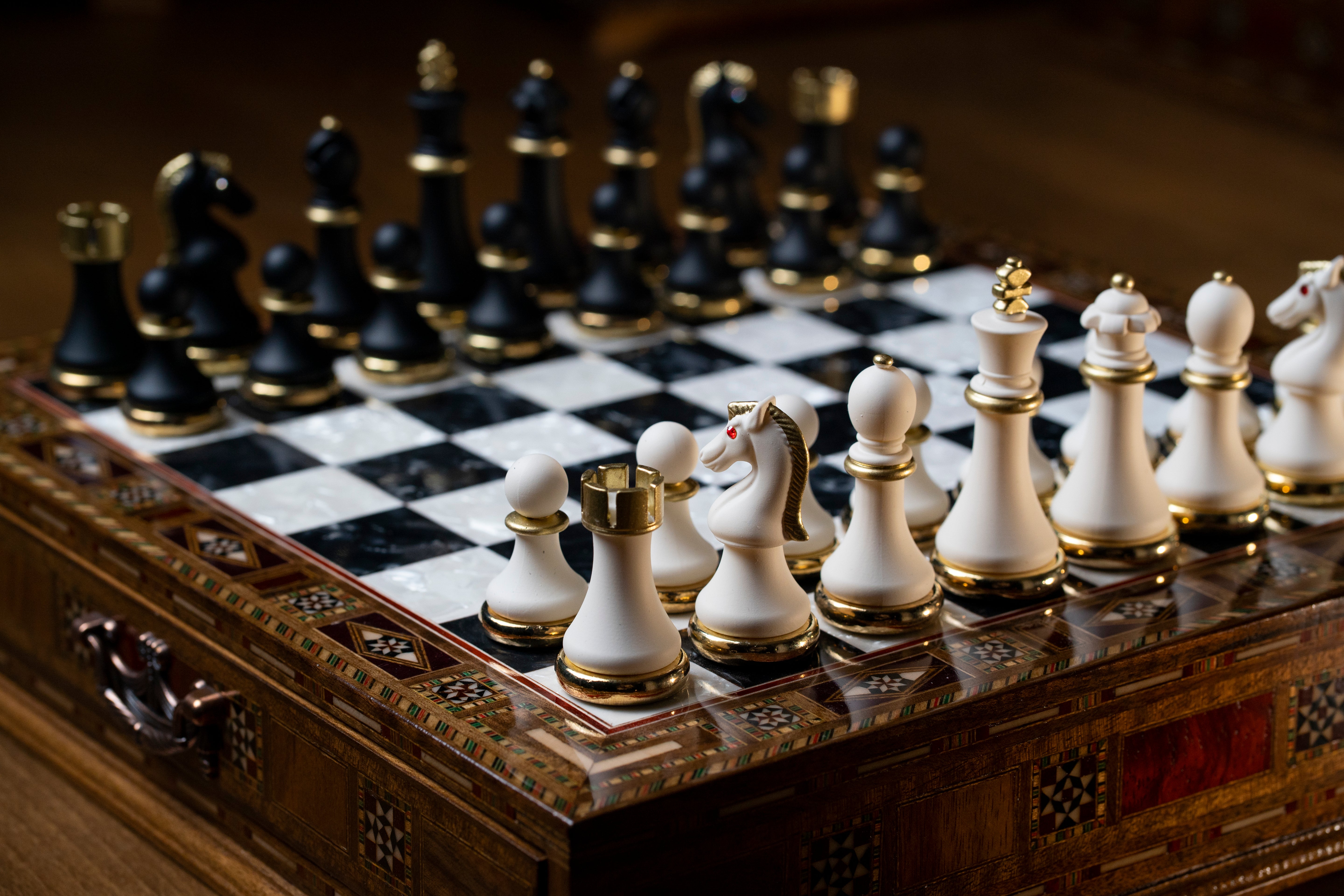
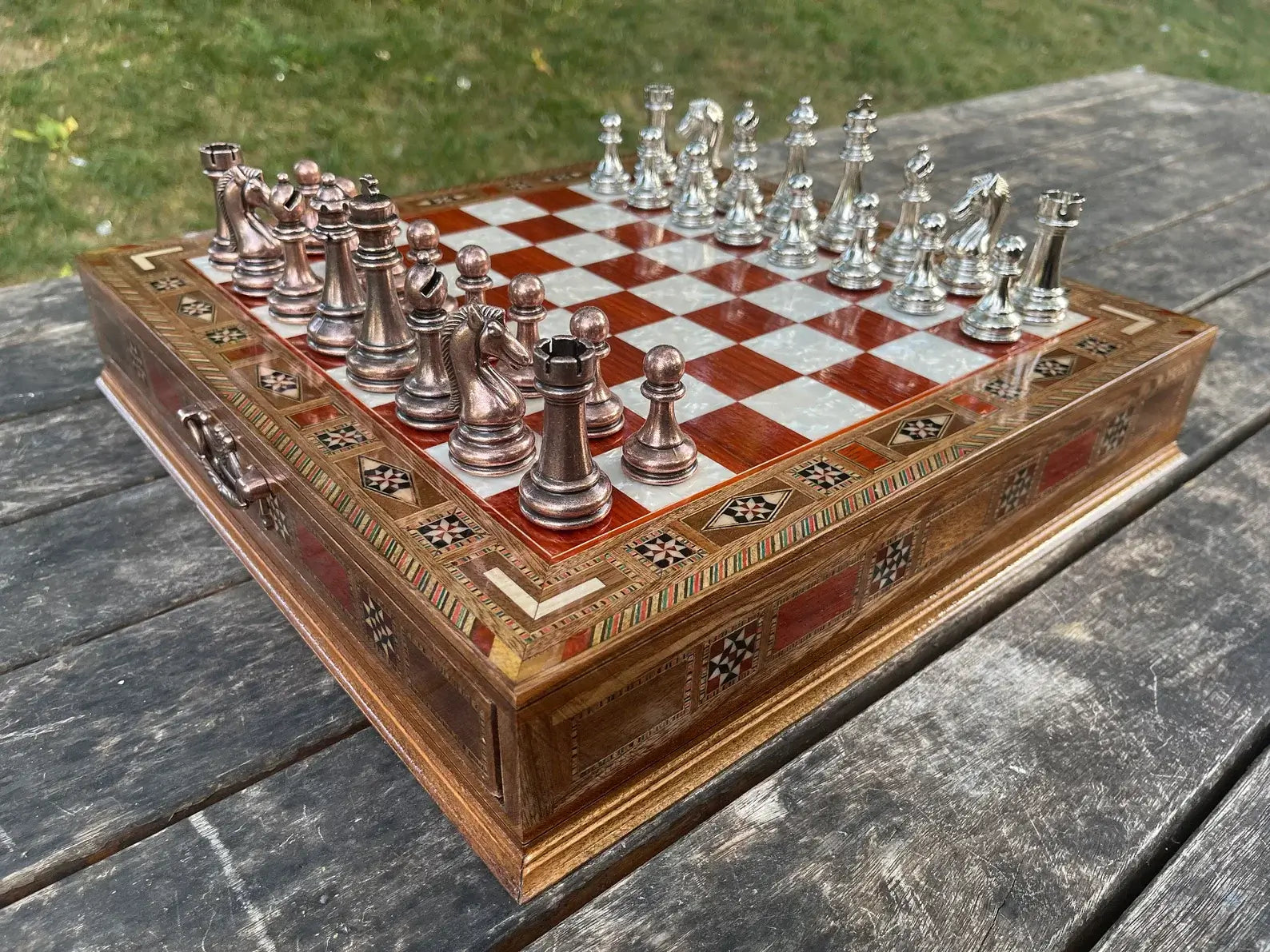
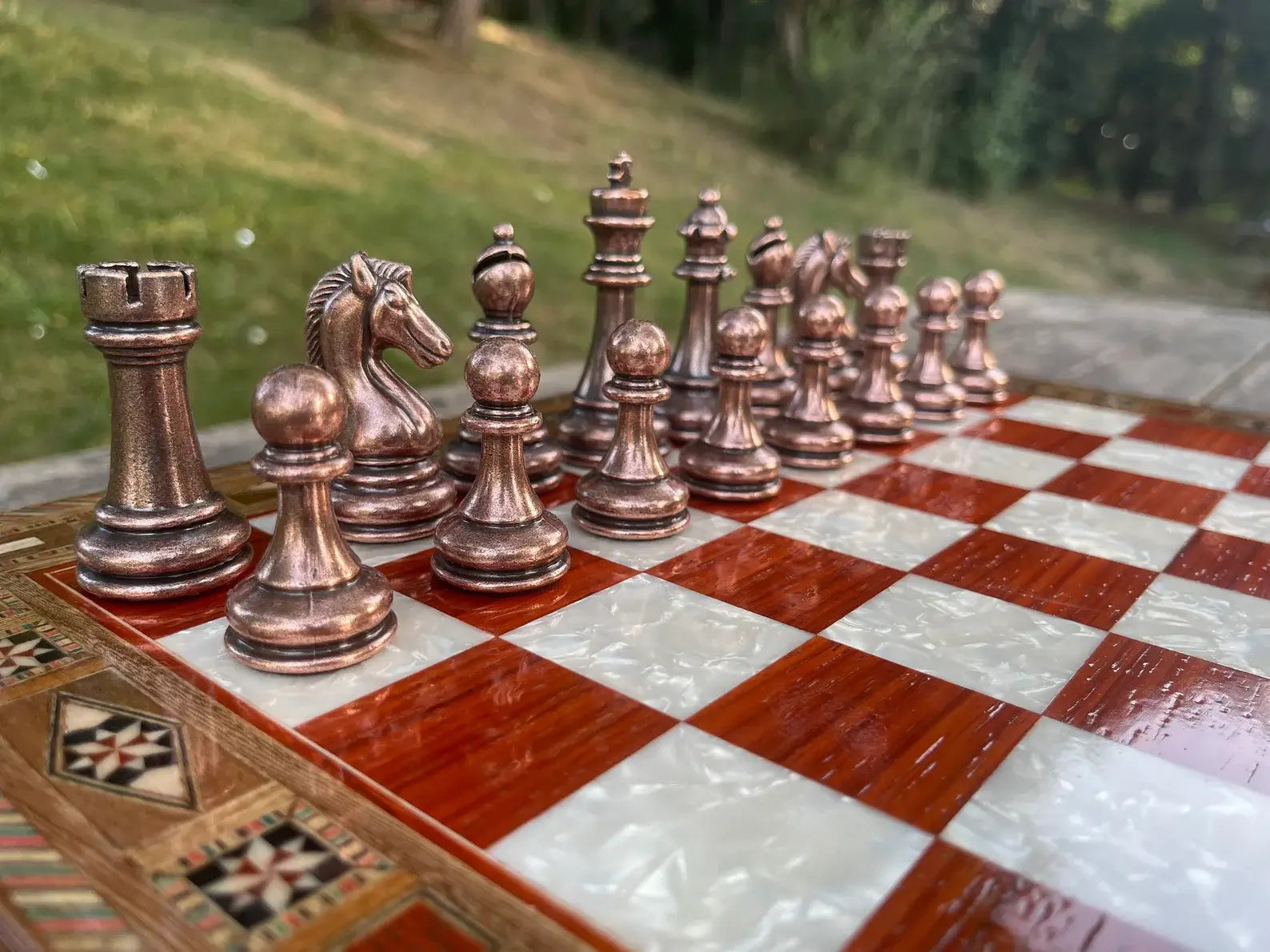
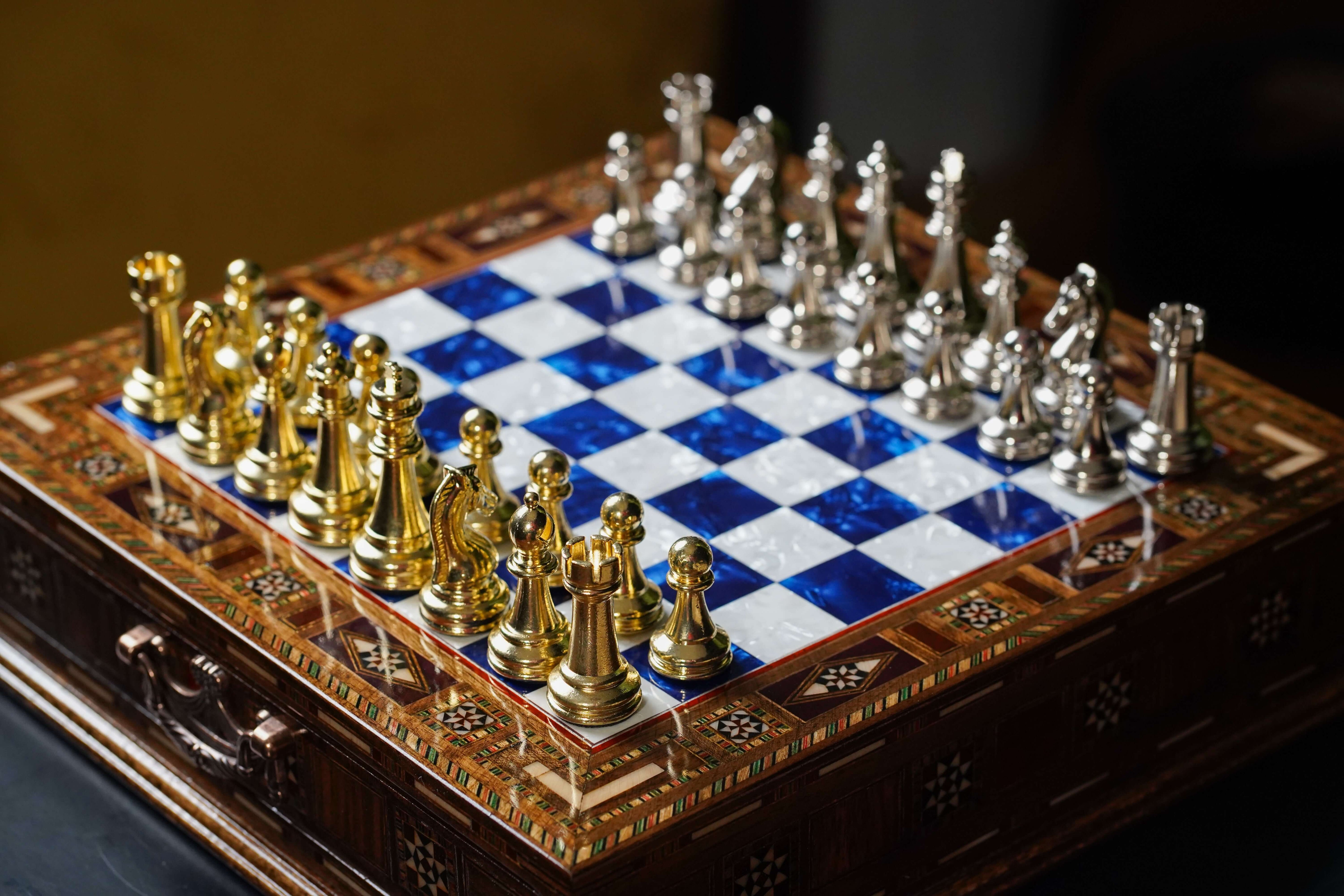
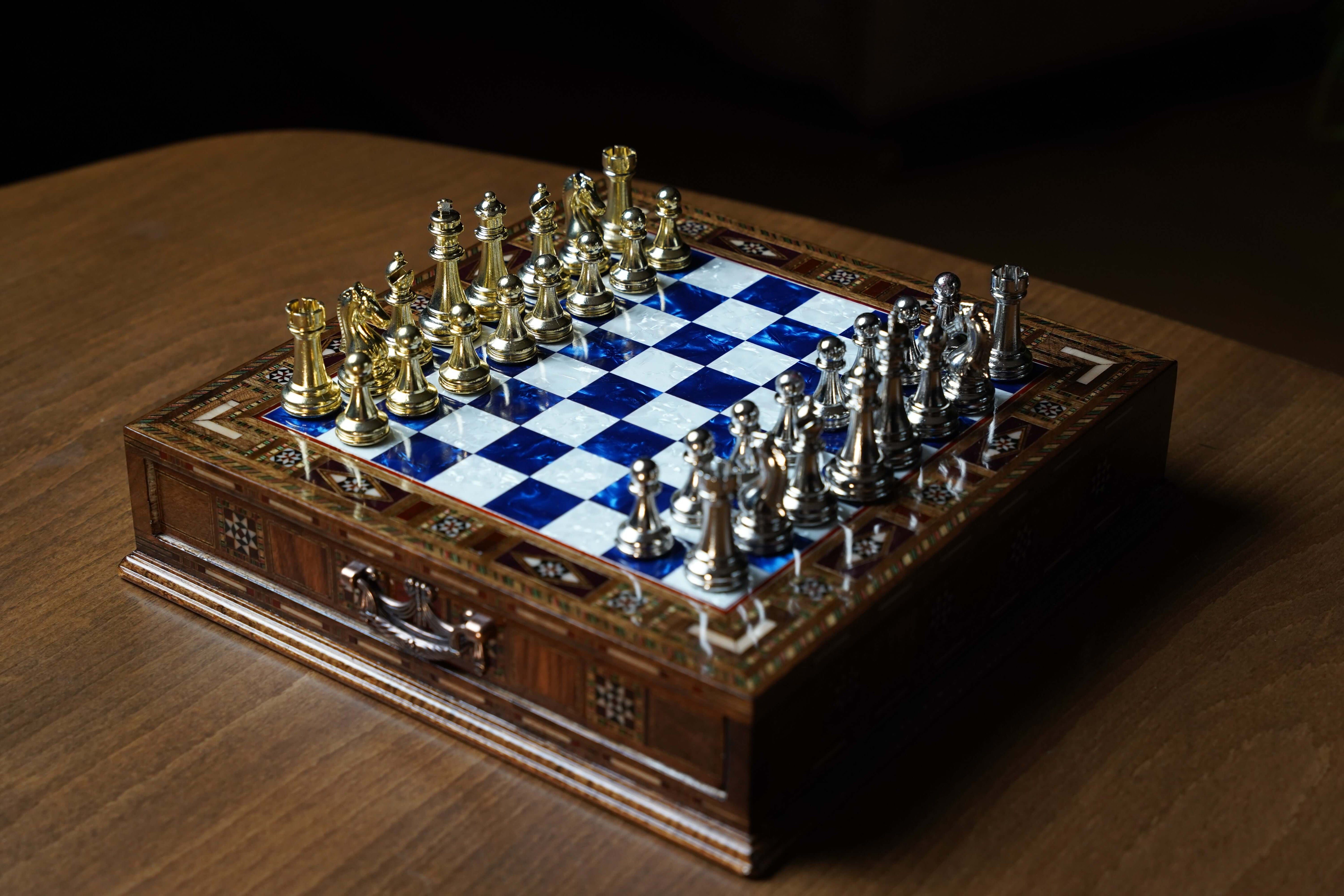
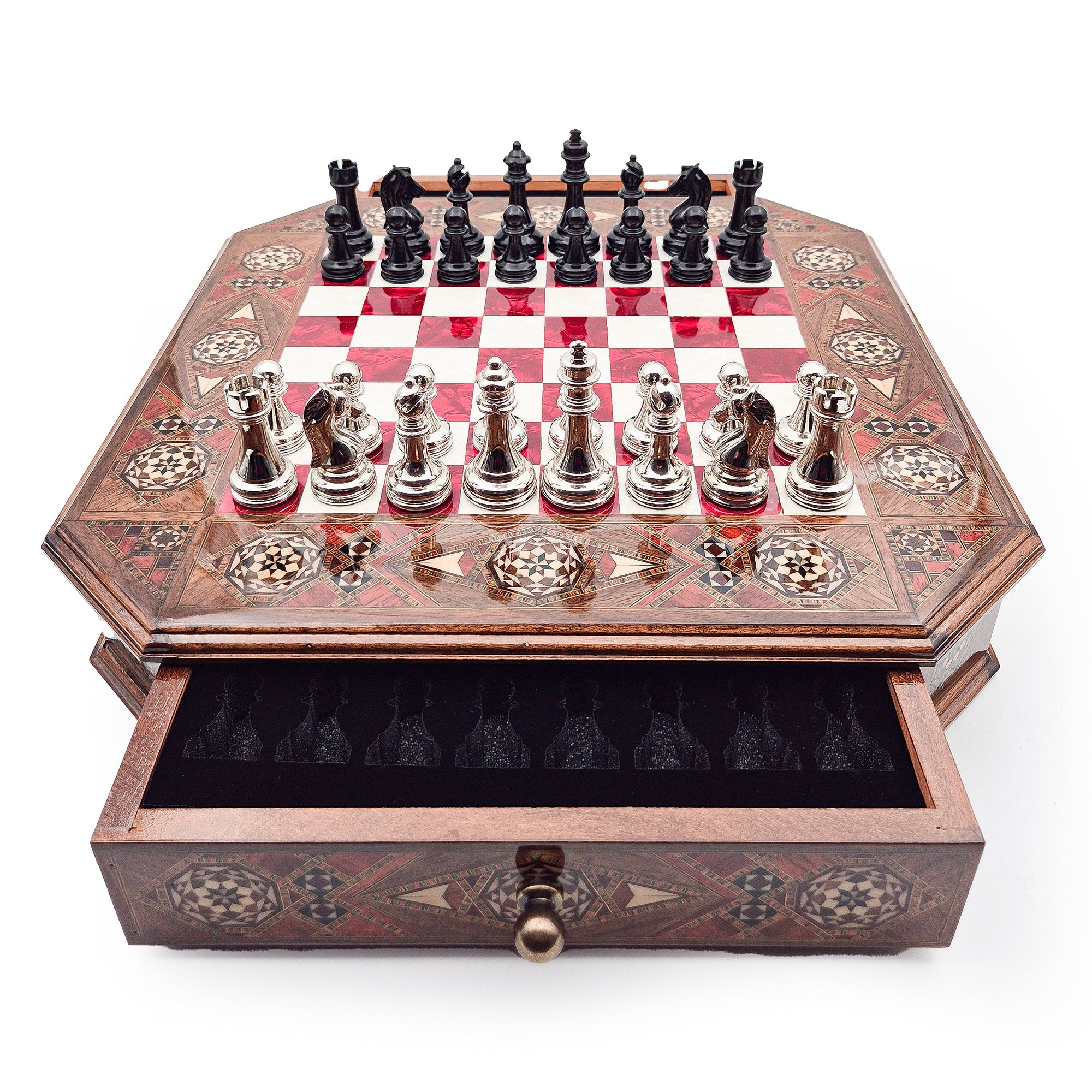
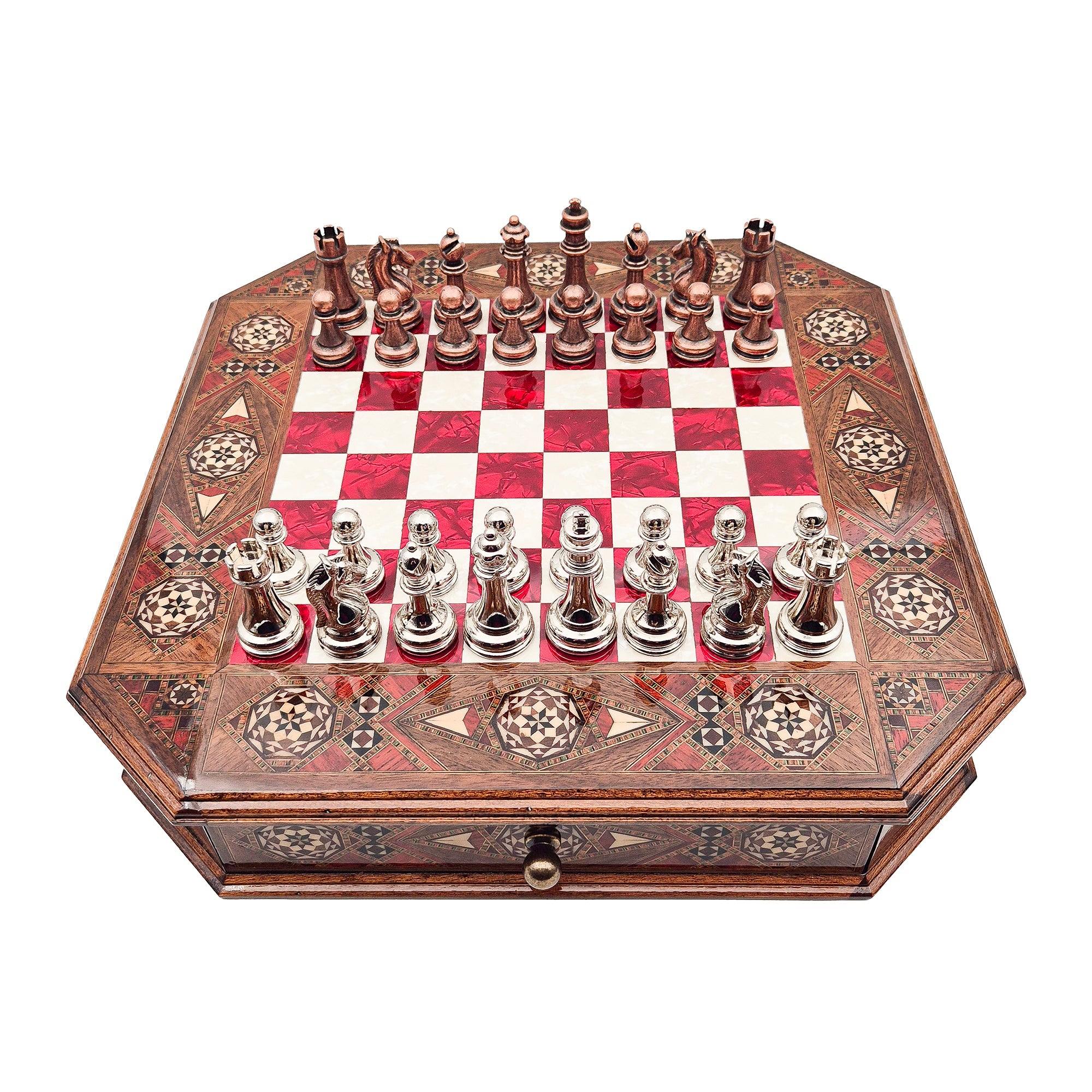
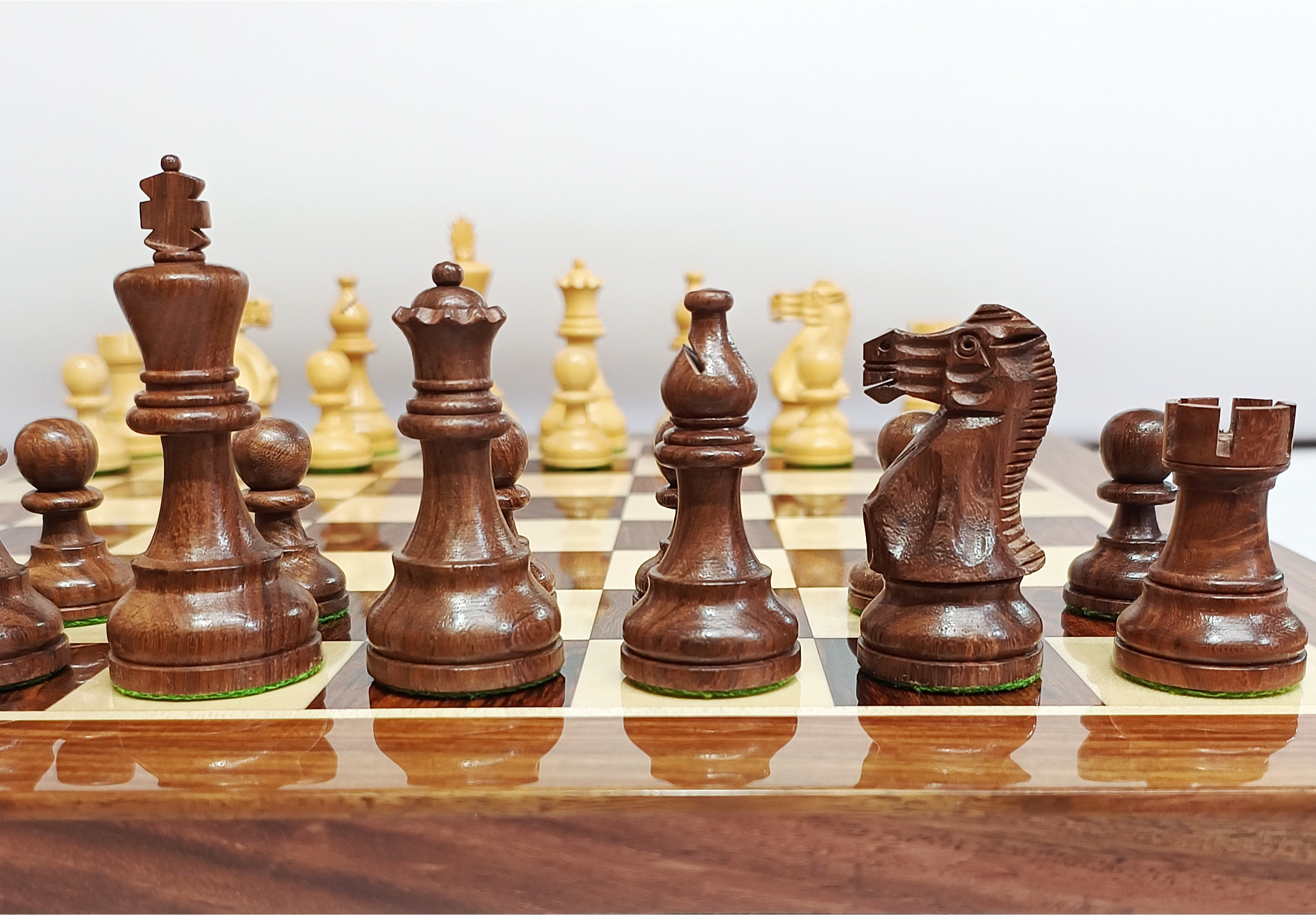
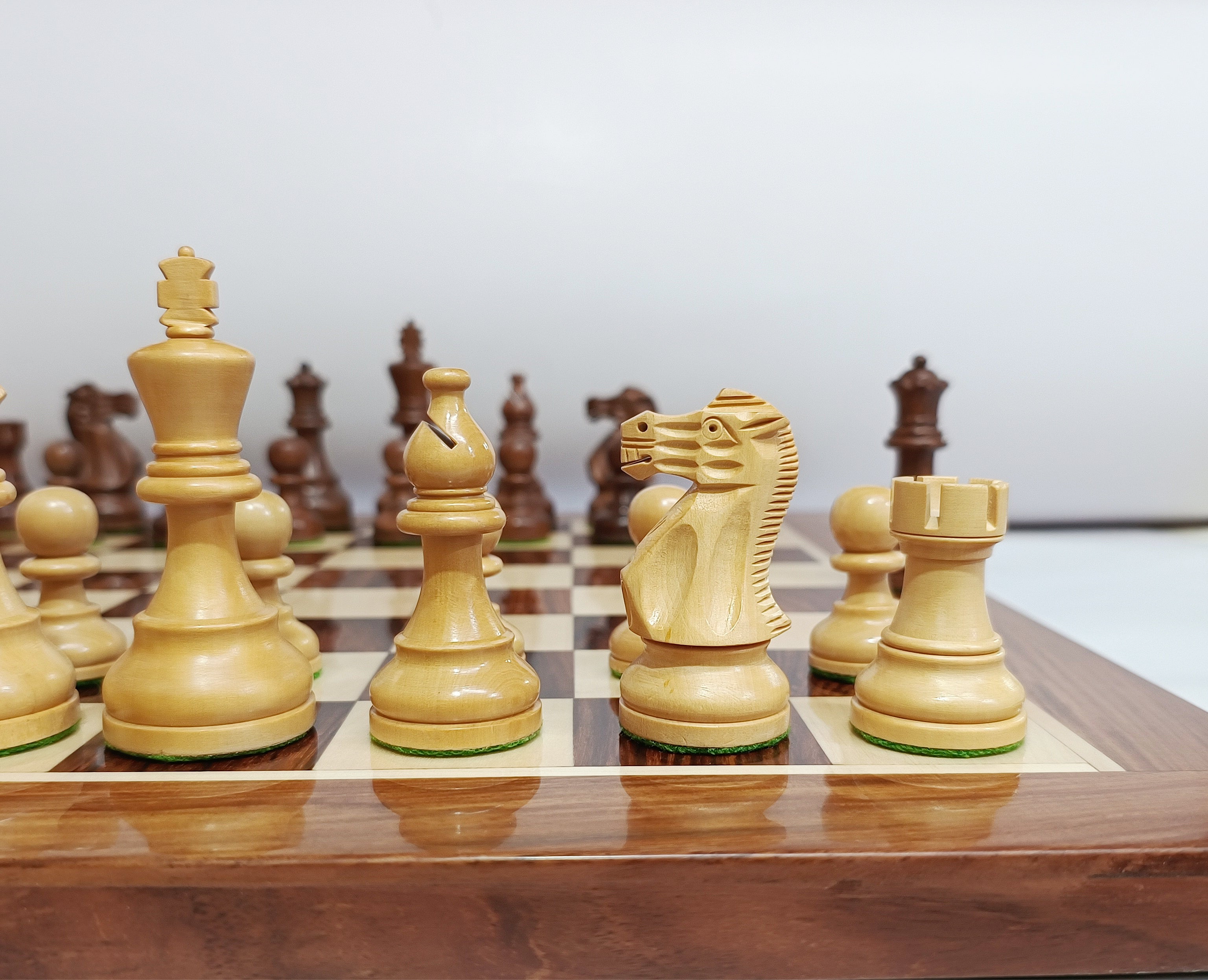
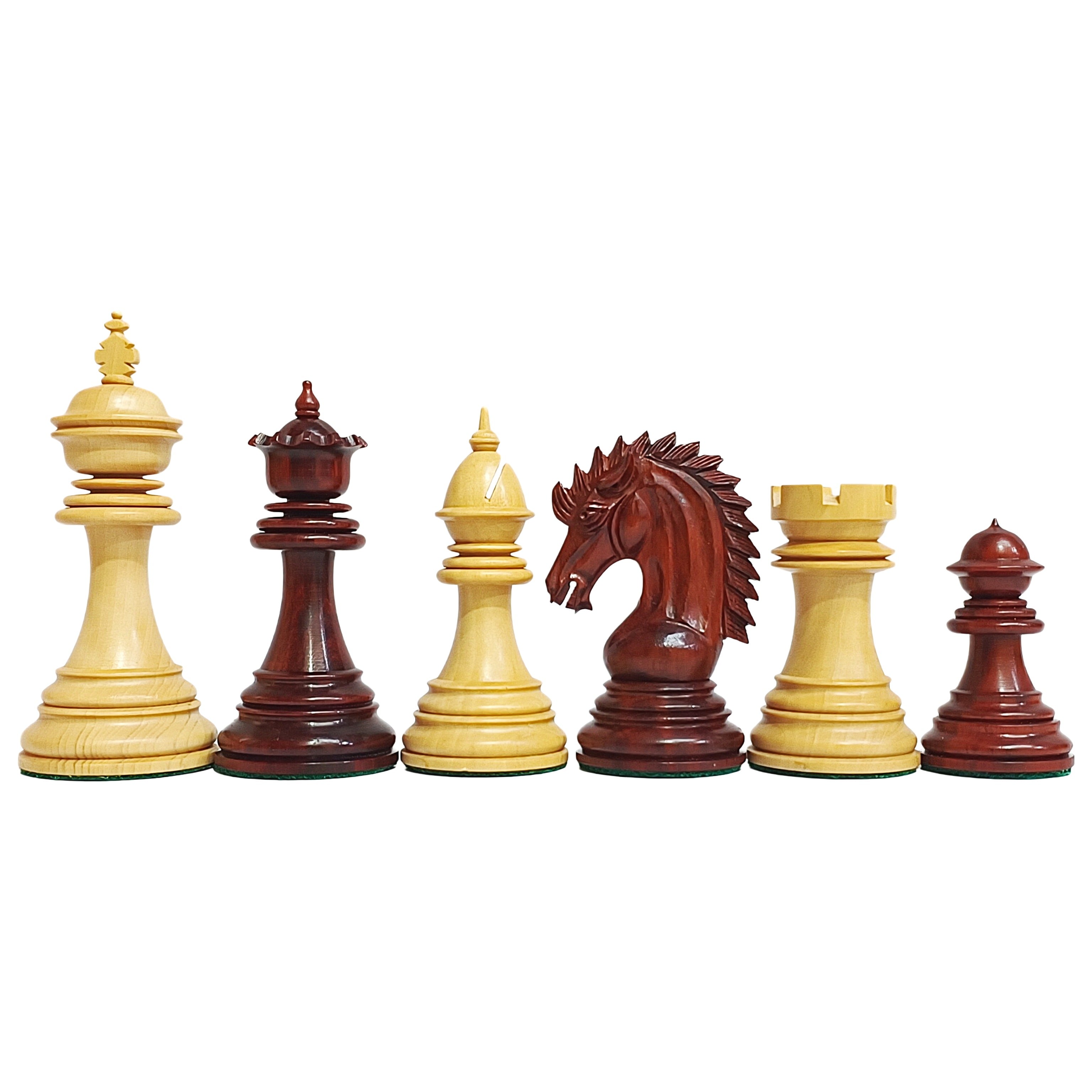
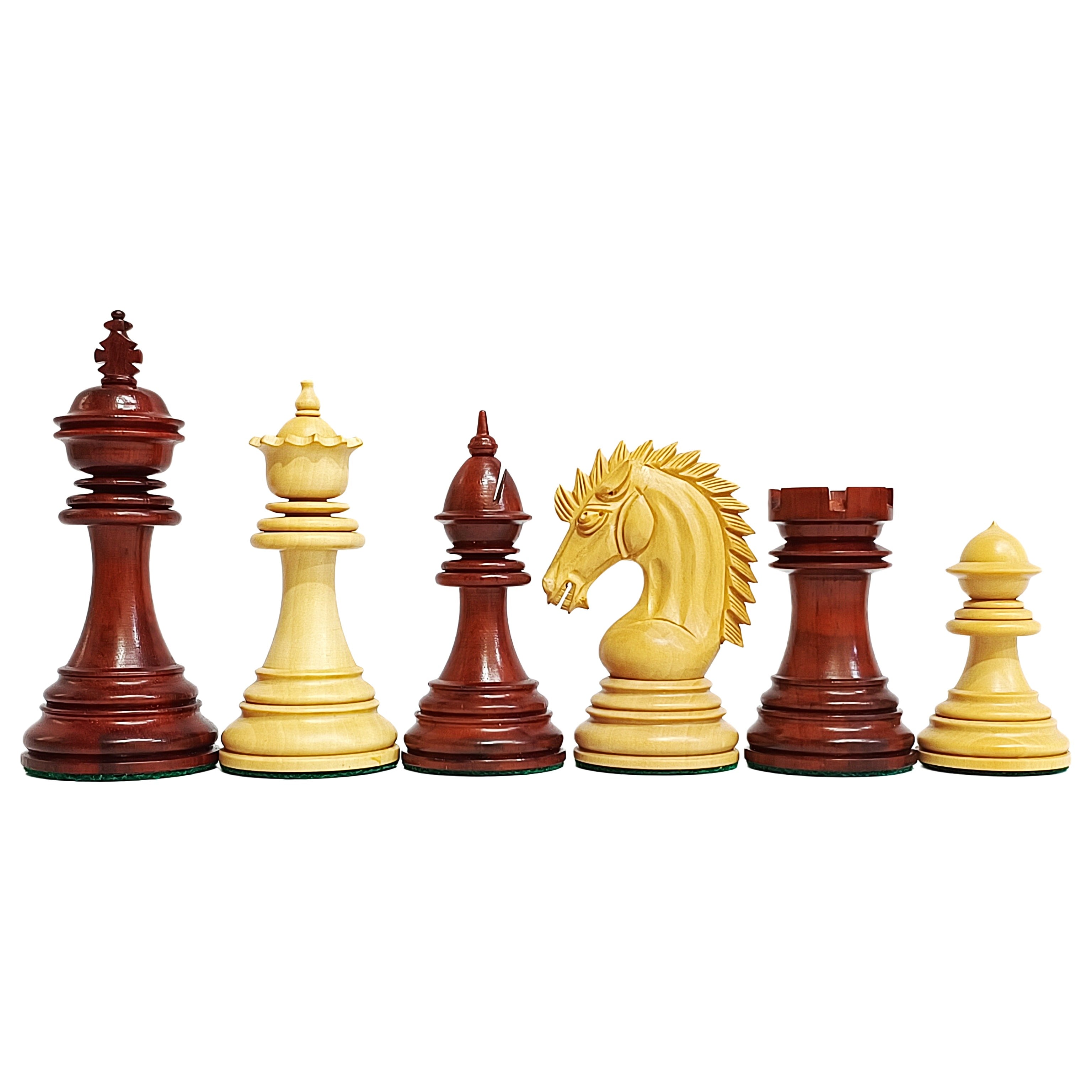
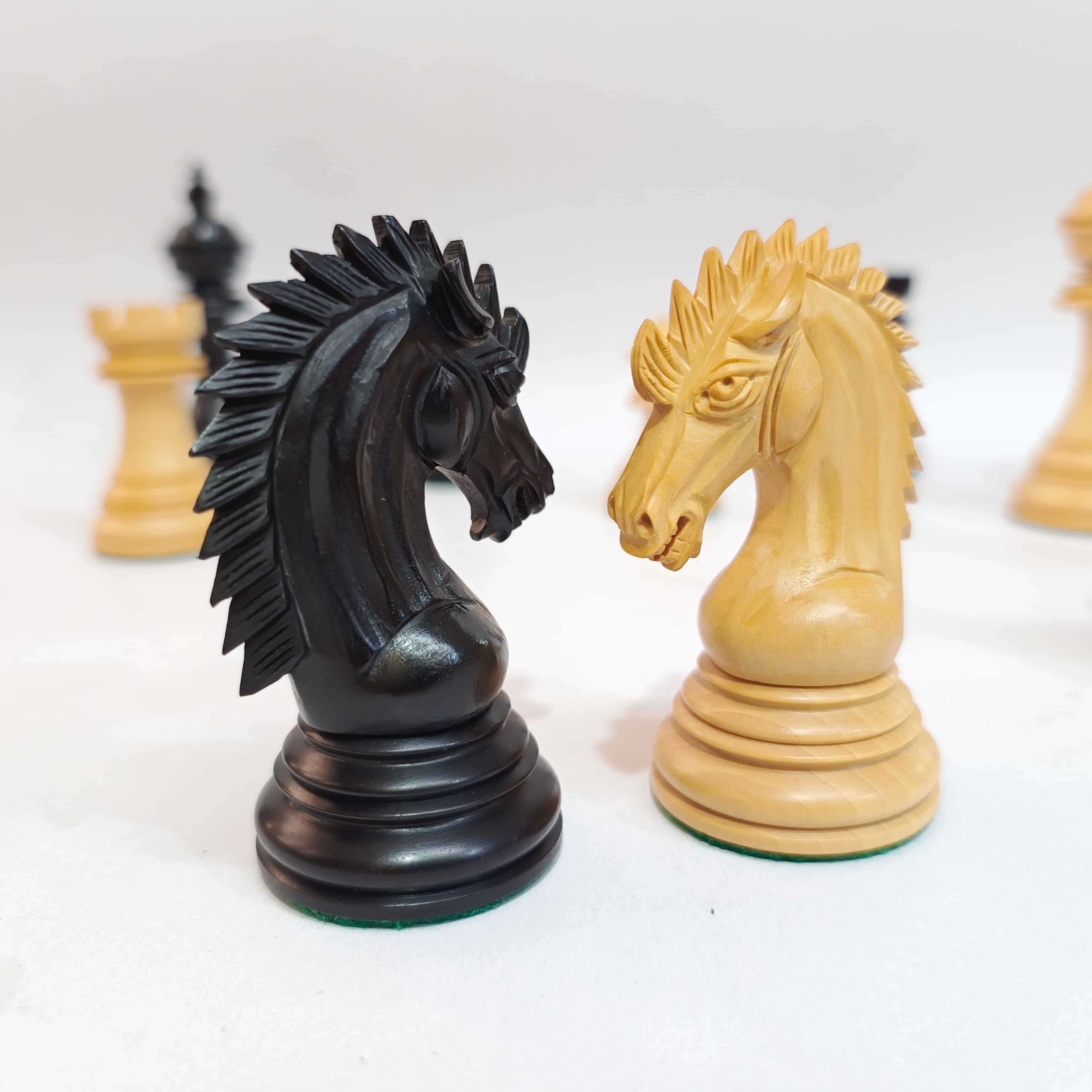
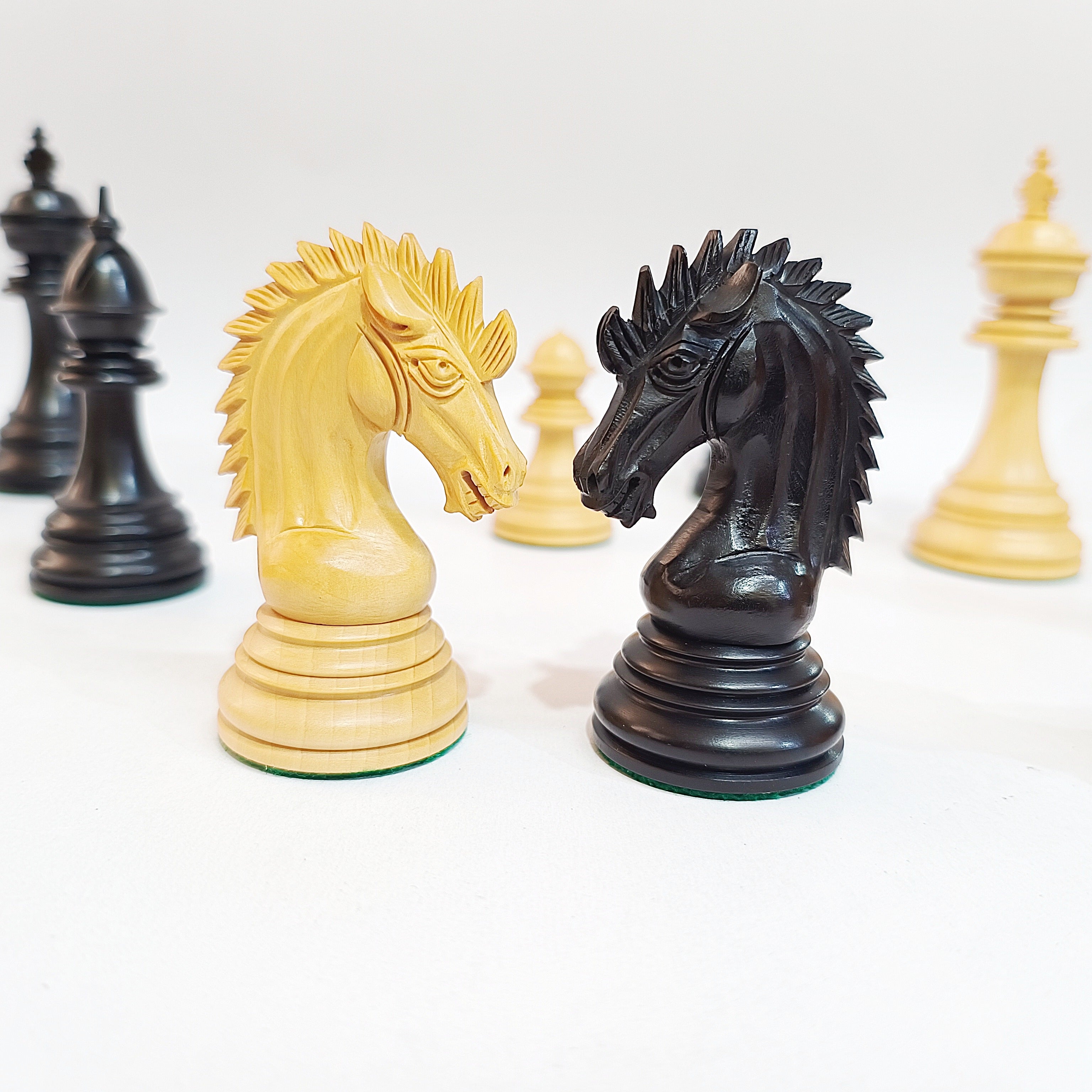
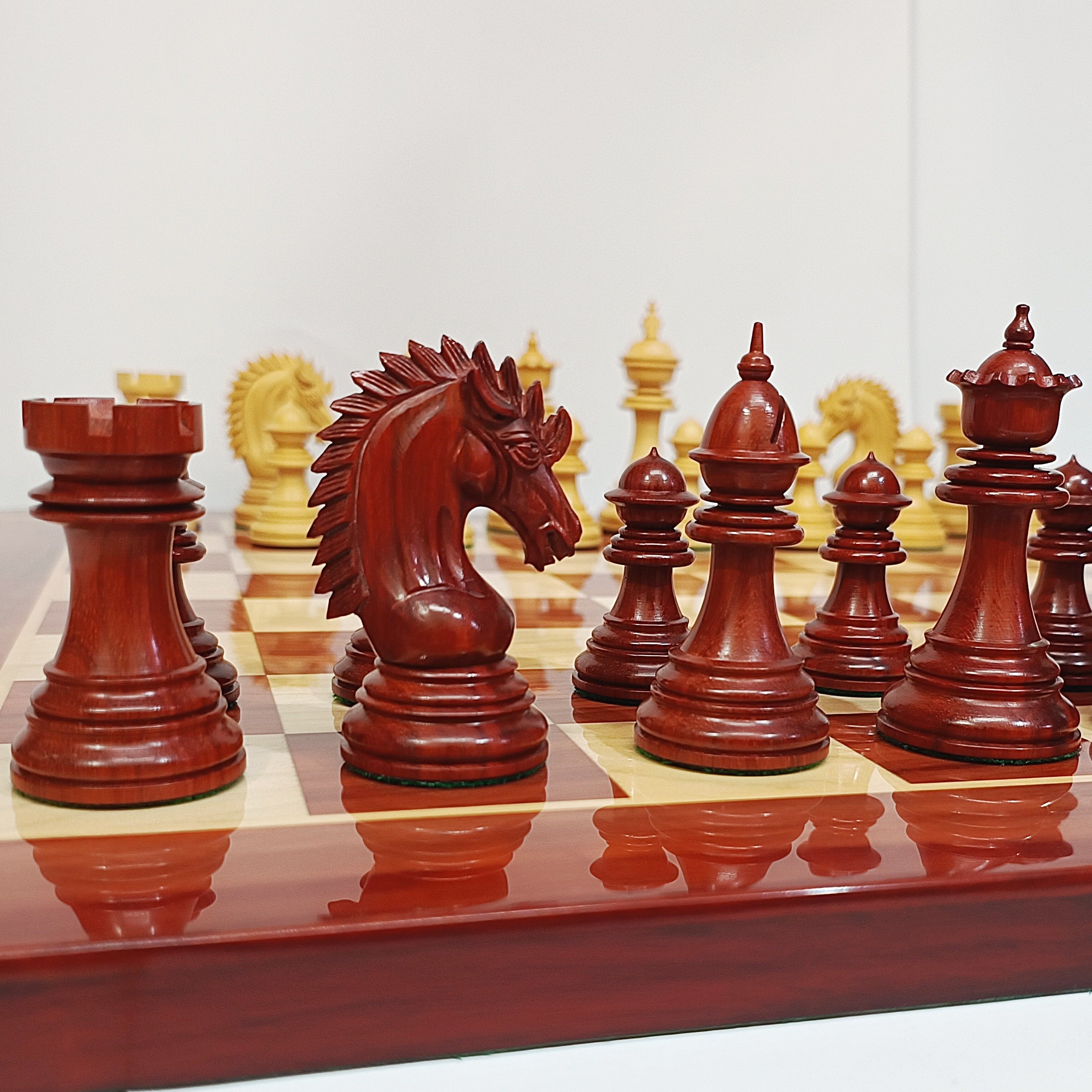
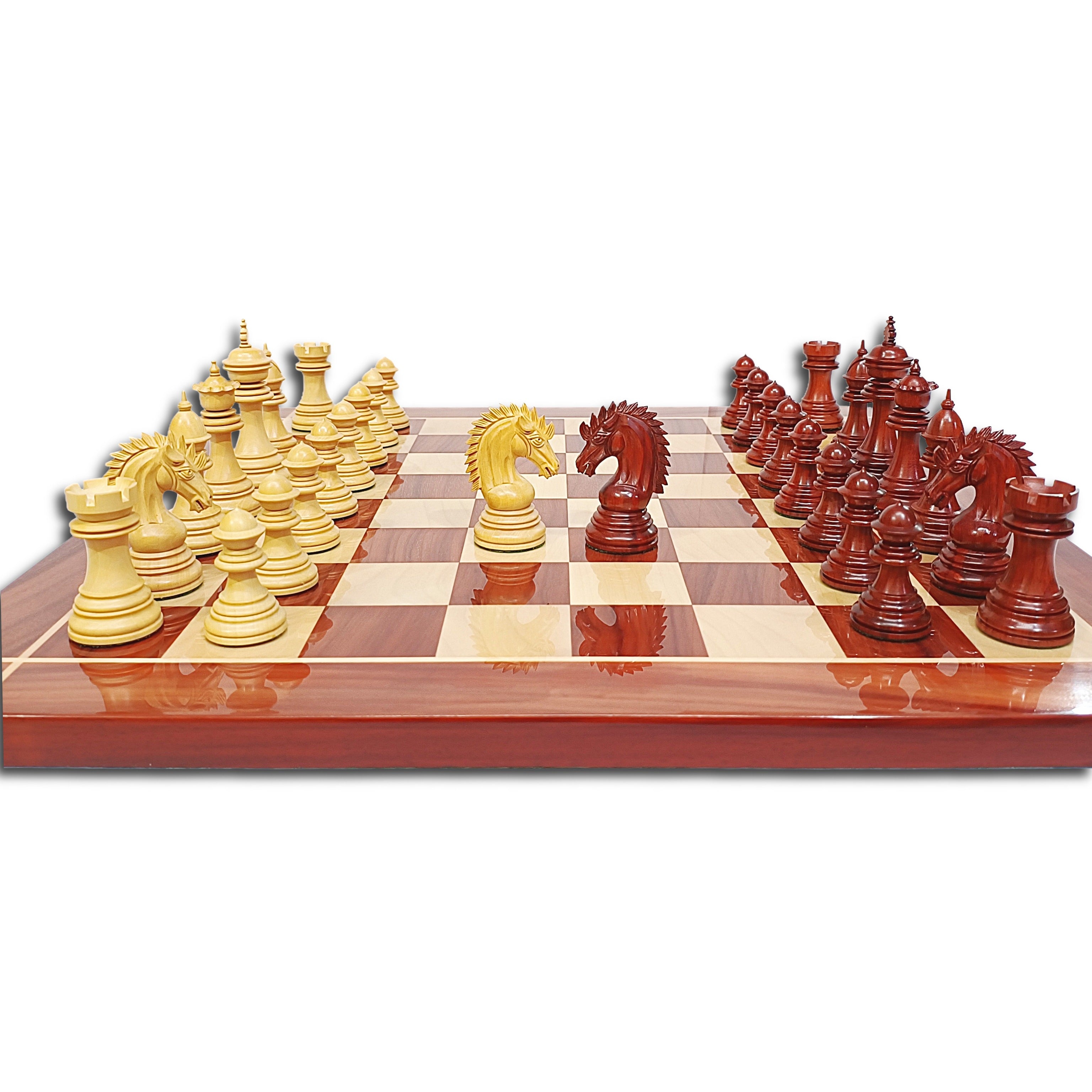
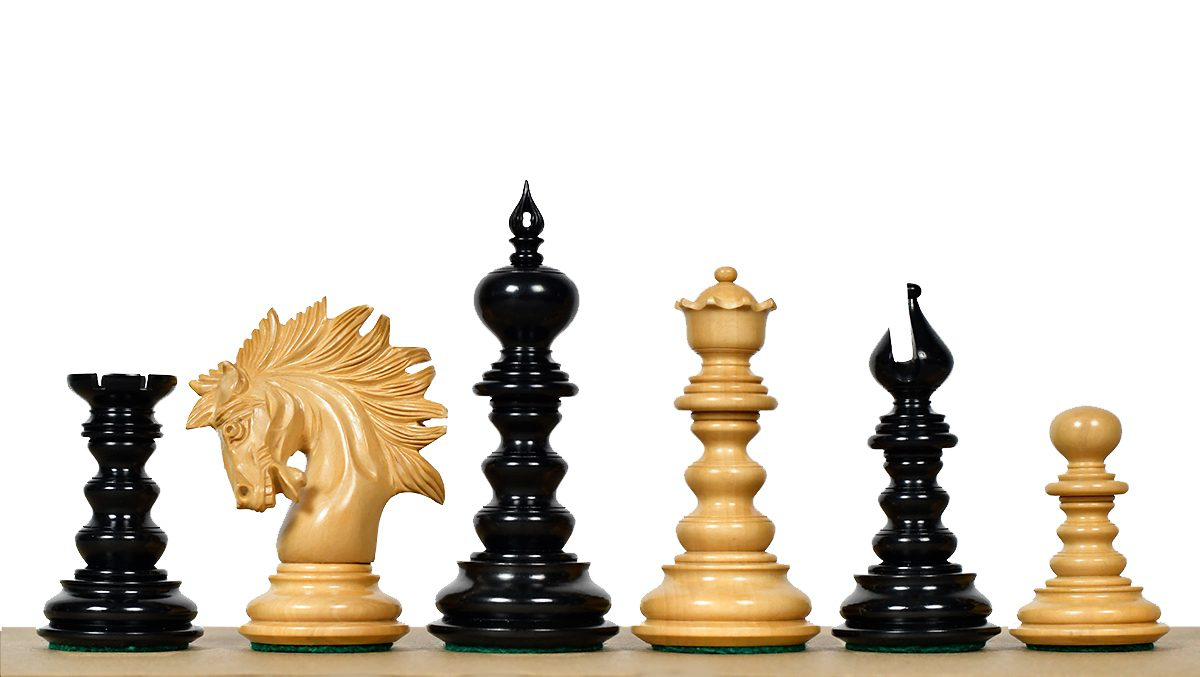
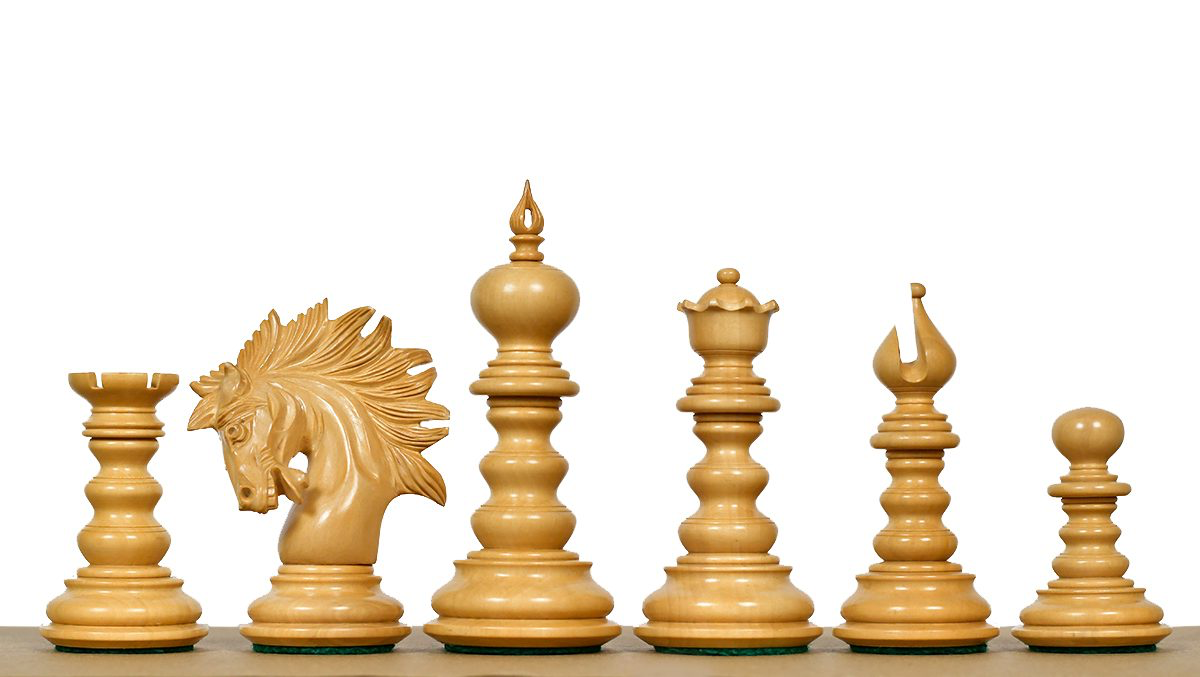
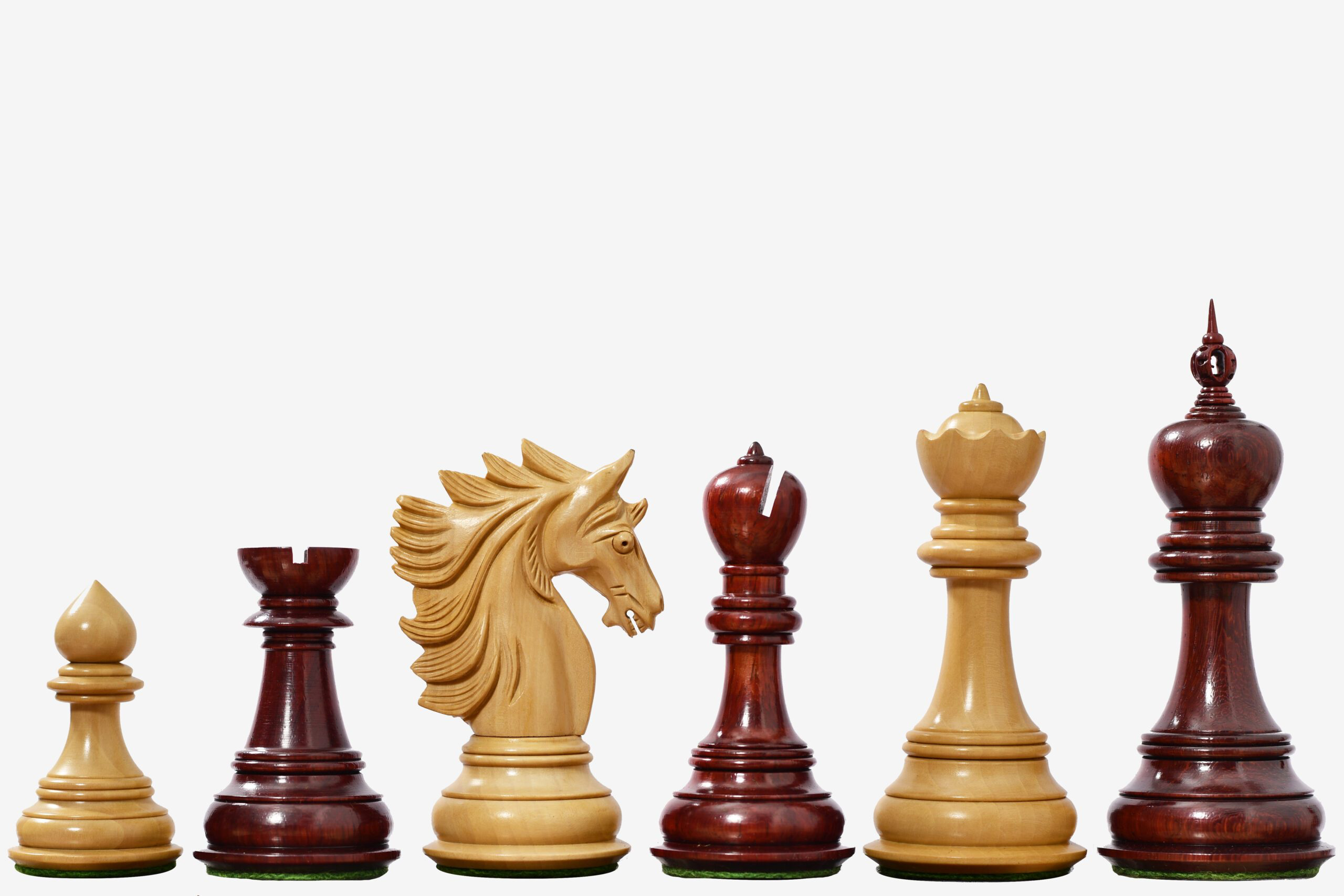
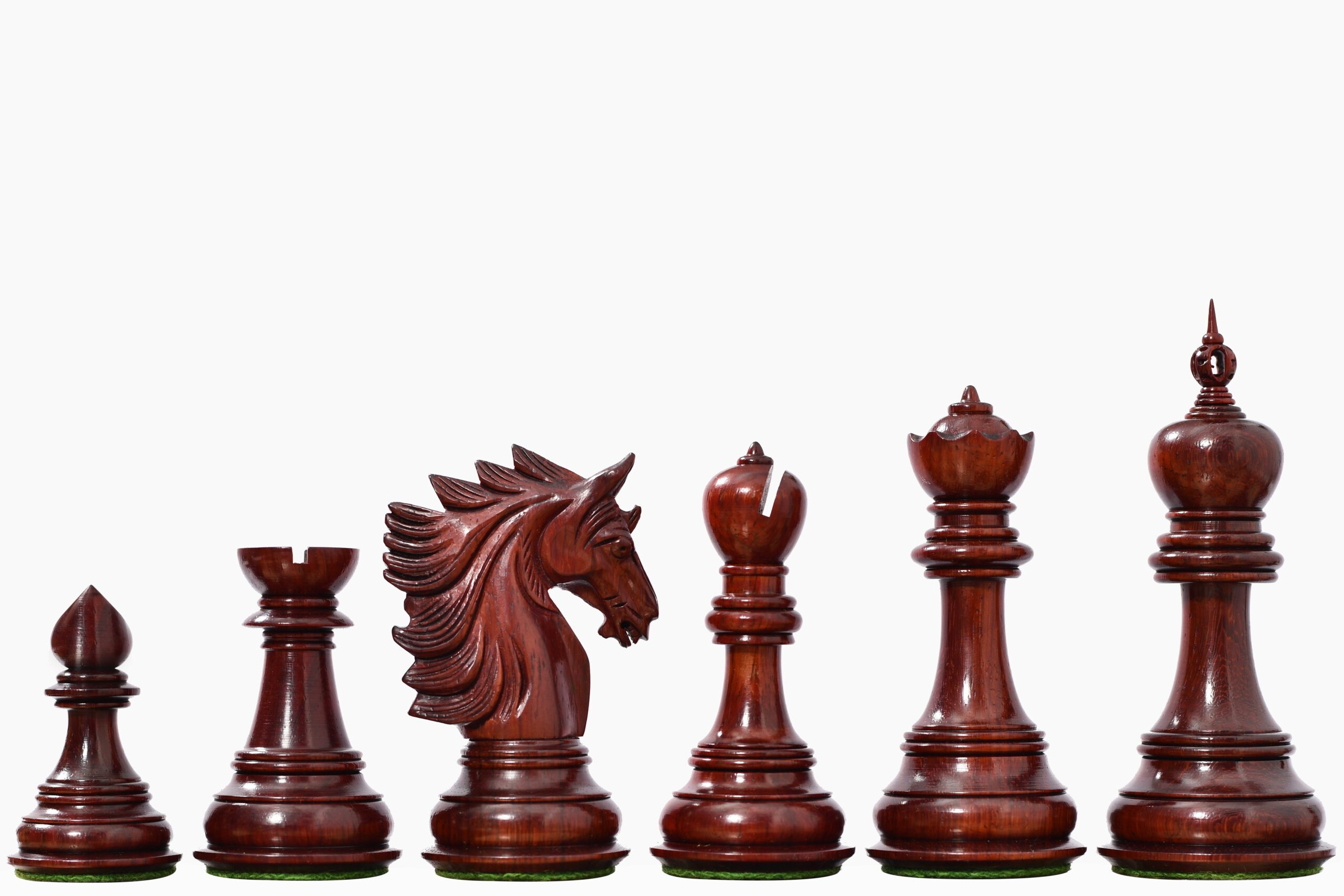
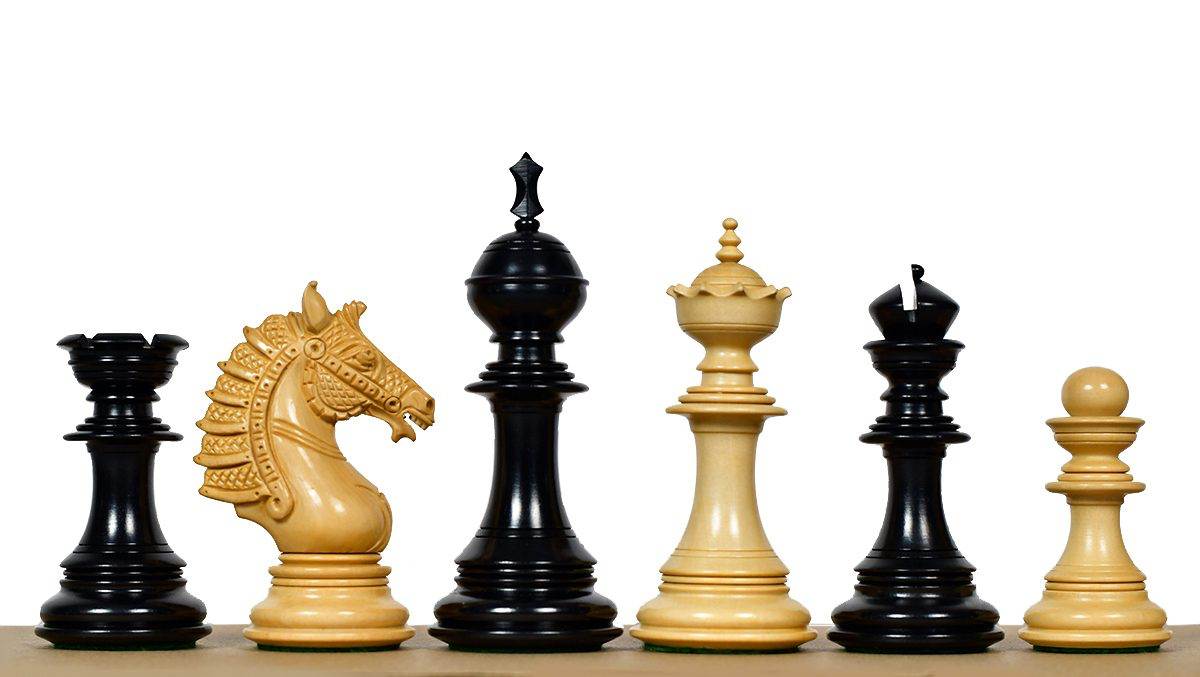
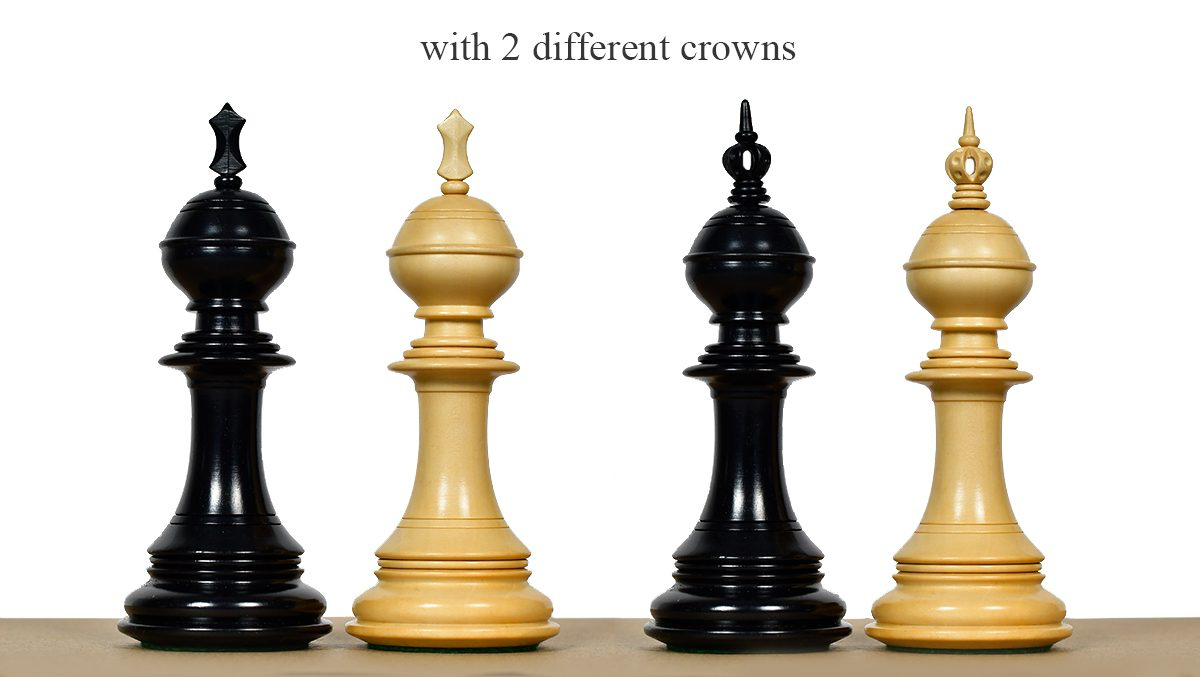
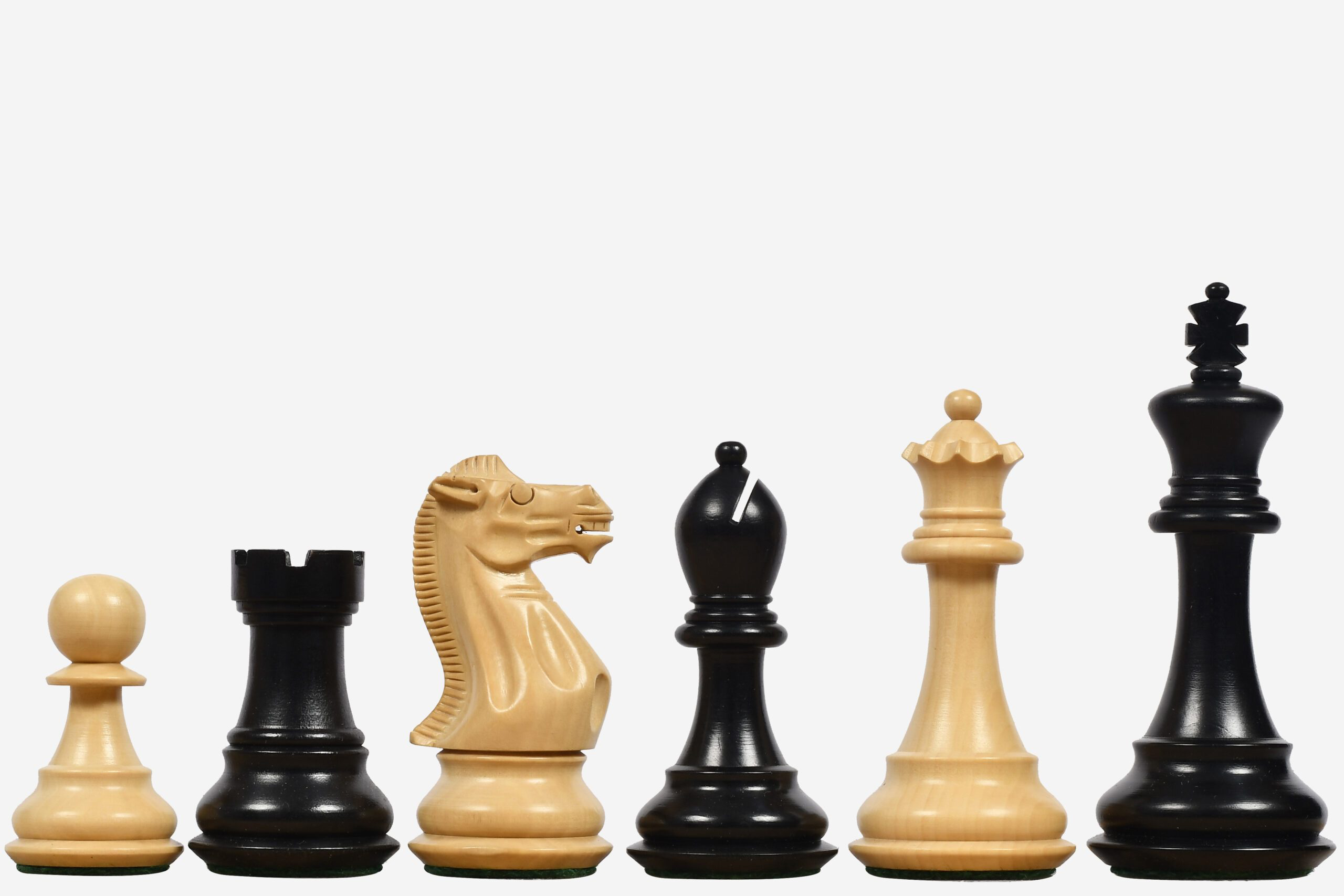
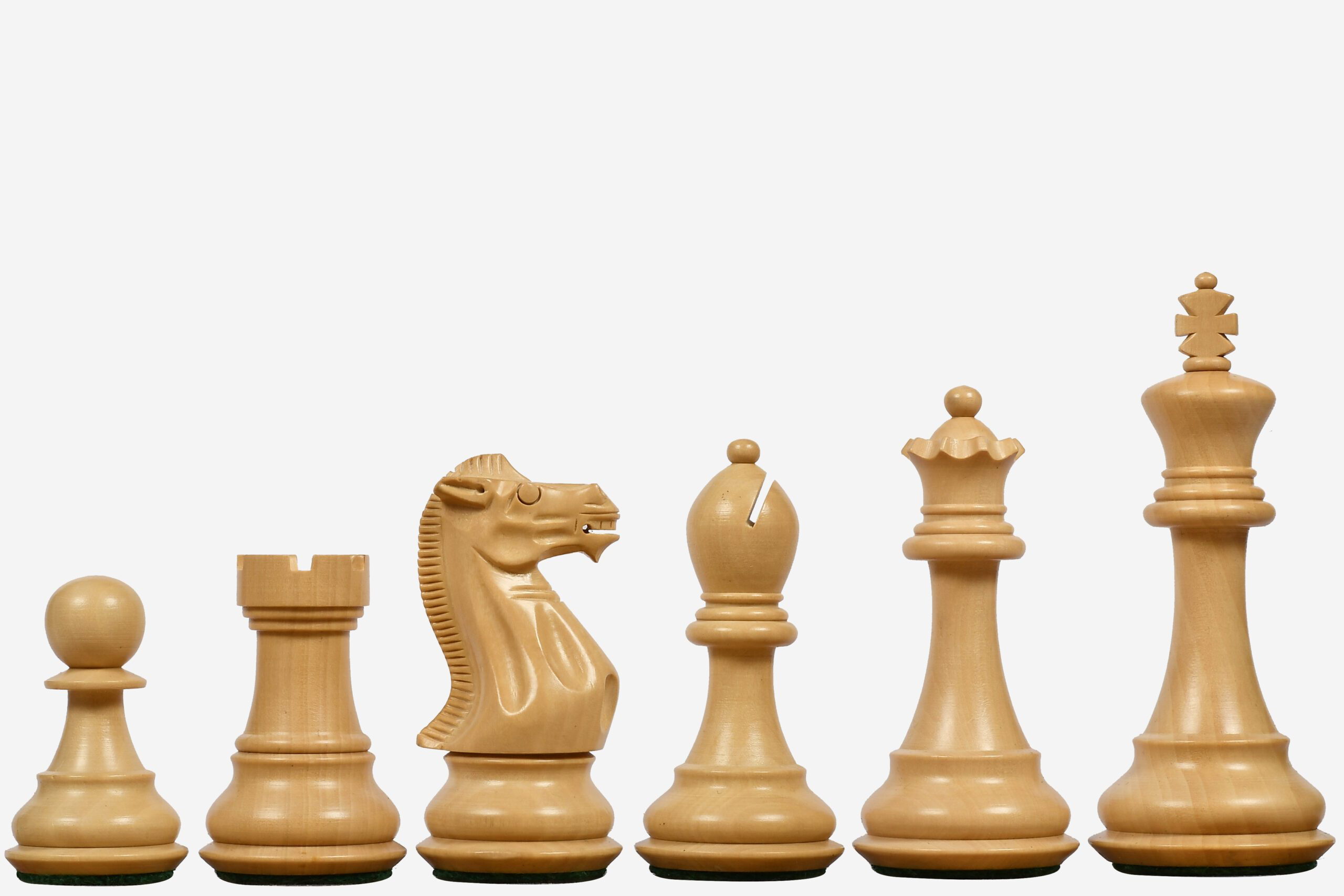
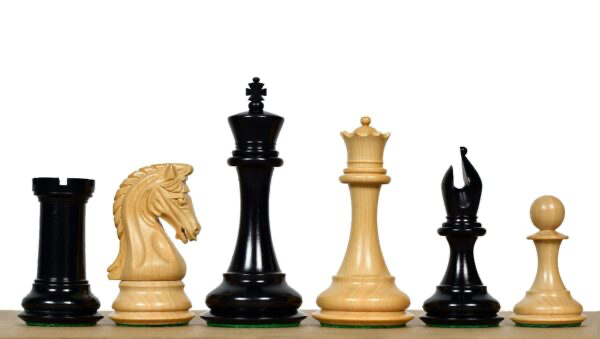
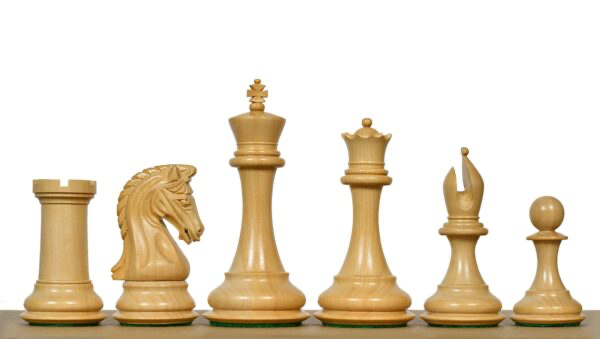
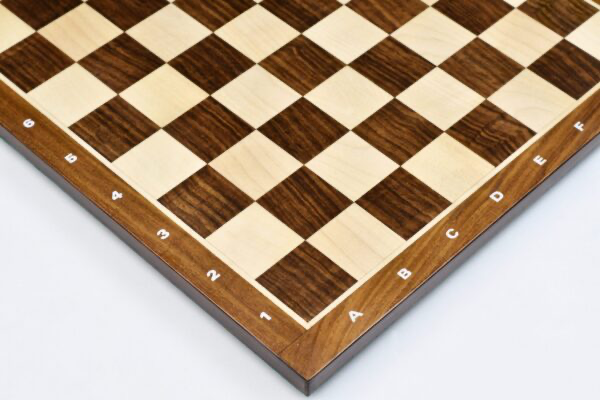
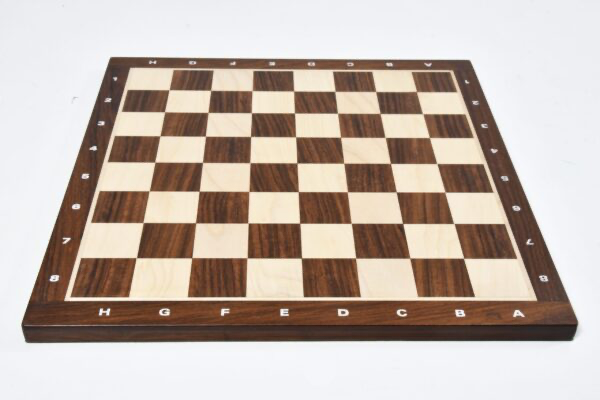
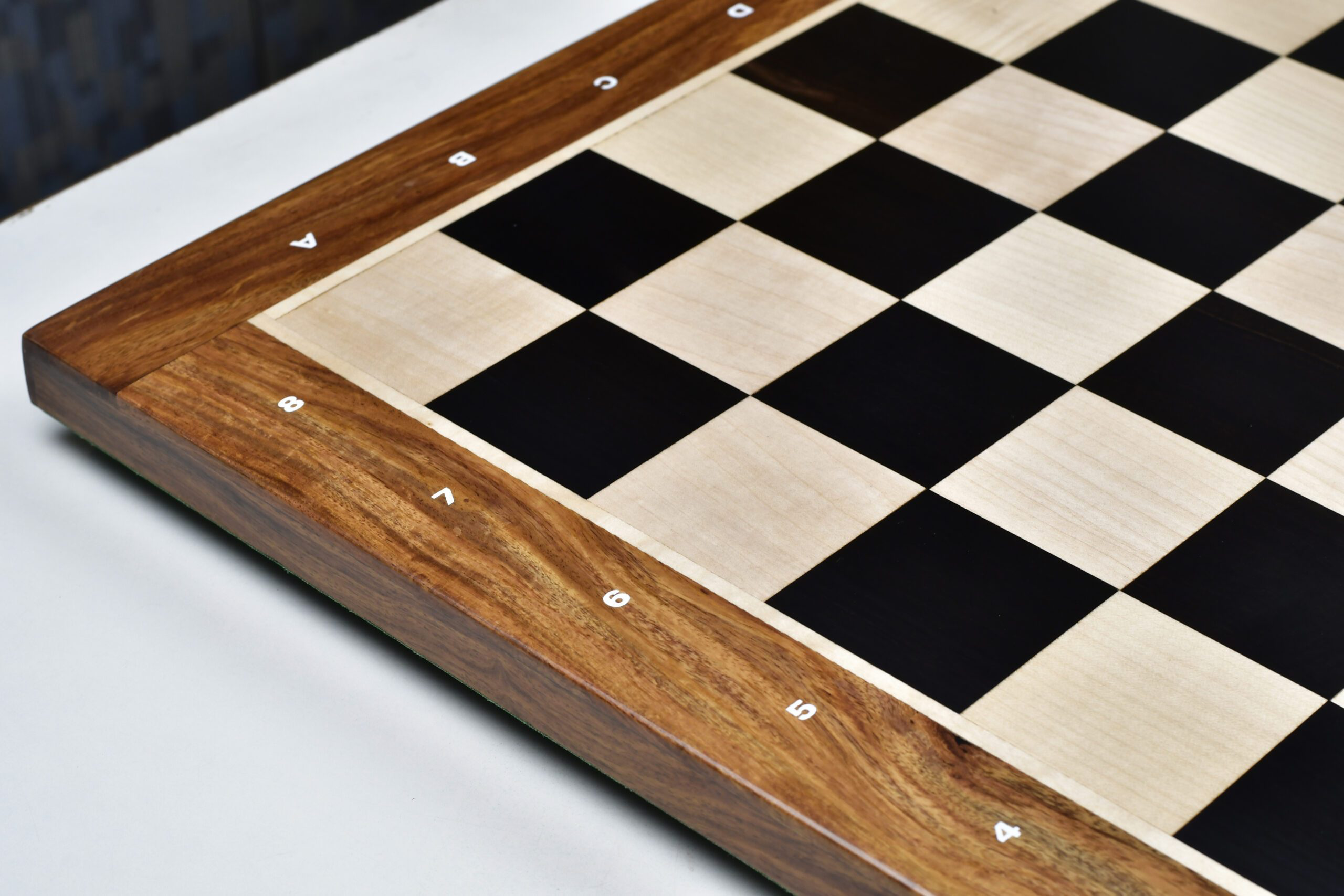
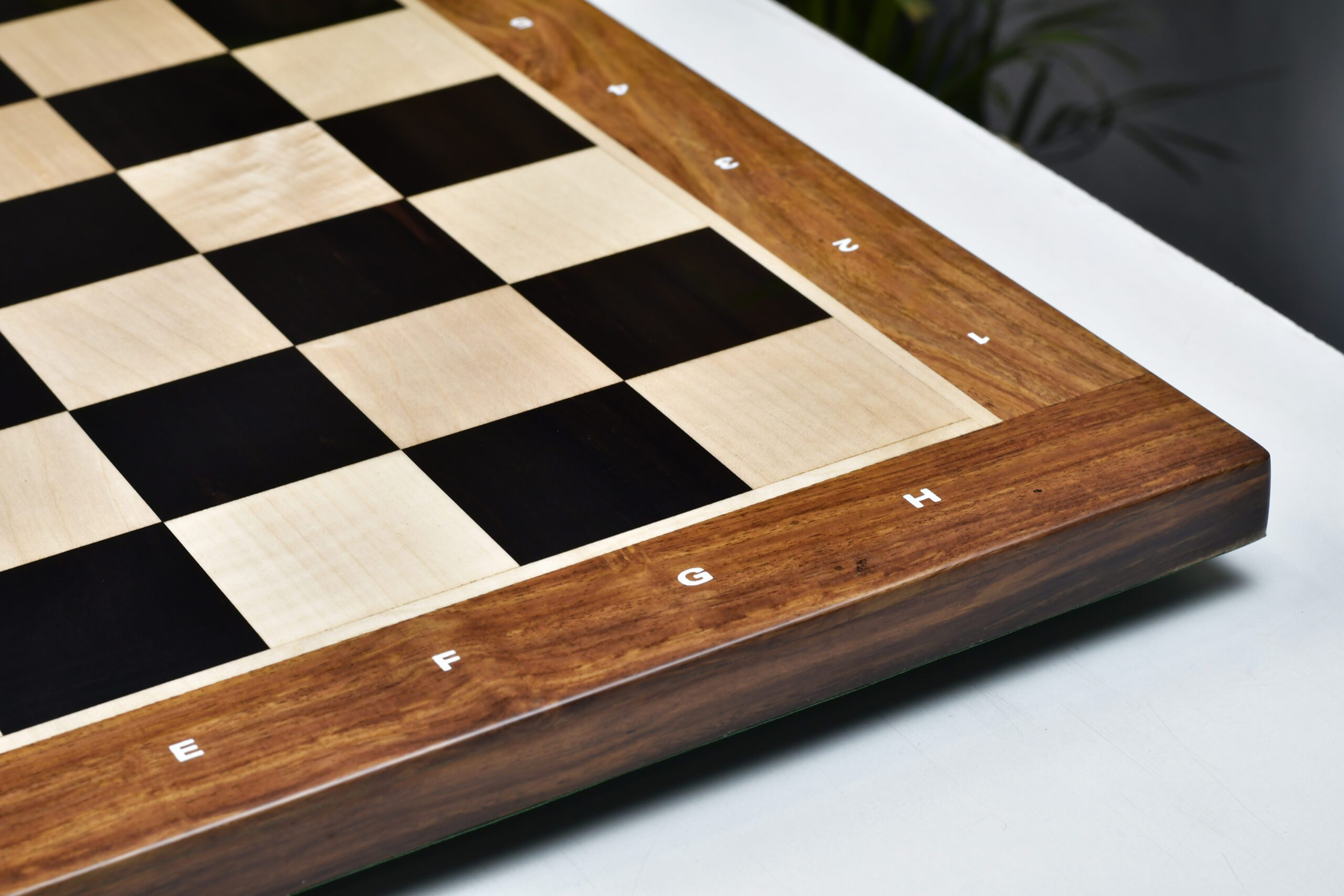
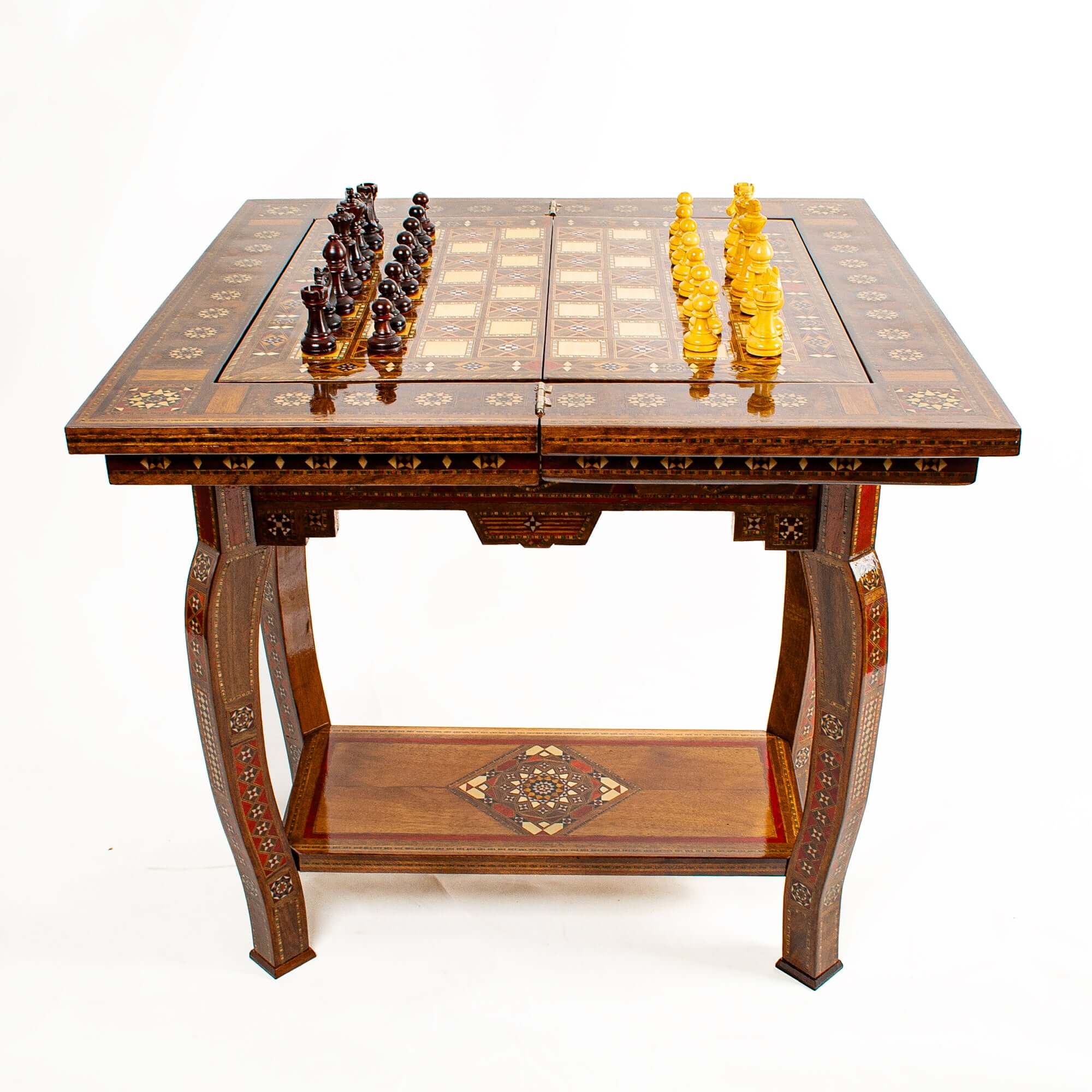

Leave a comment
All comments are moderated before being published.
This site is protected by hCaptcha and the hCaptcha Privacy Policy and Terms of Service apply.